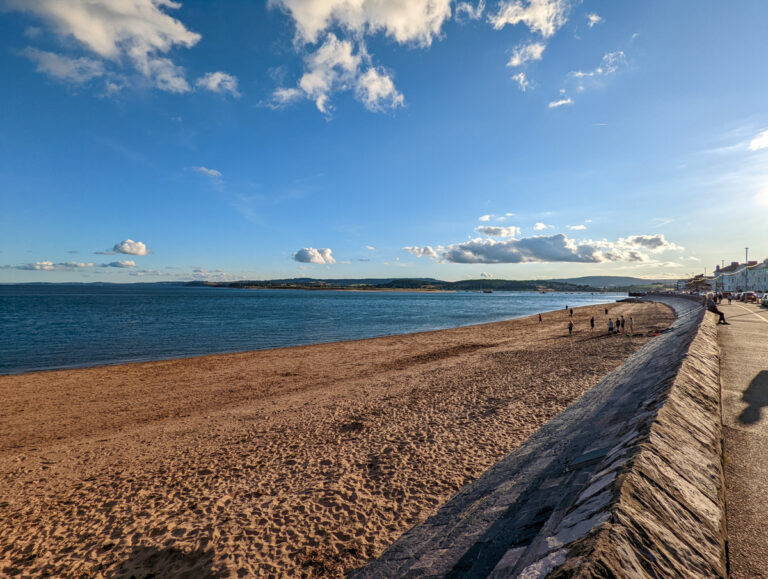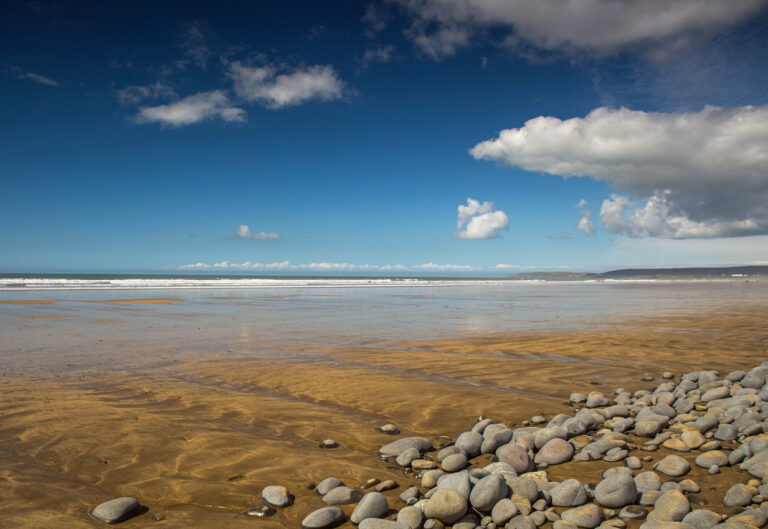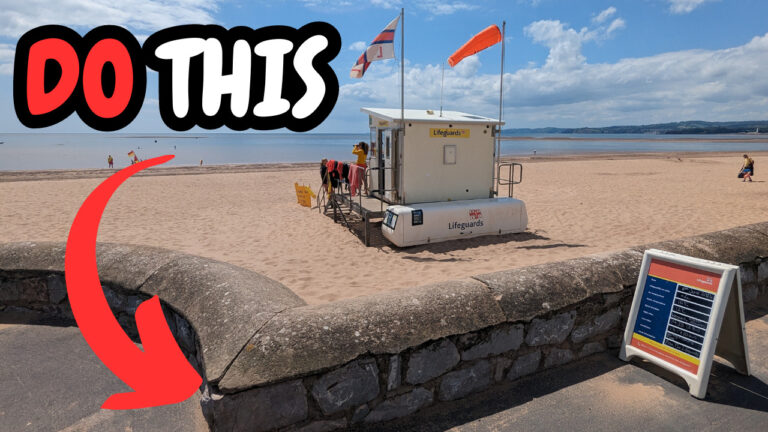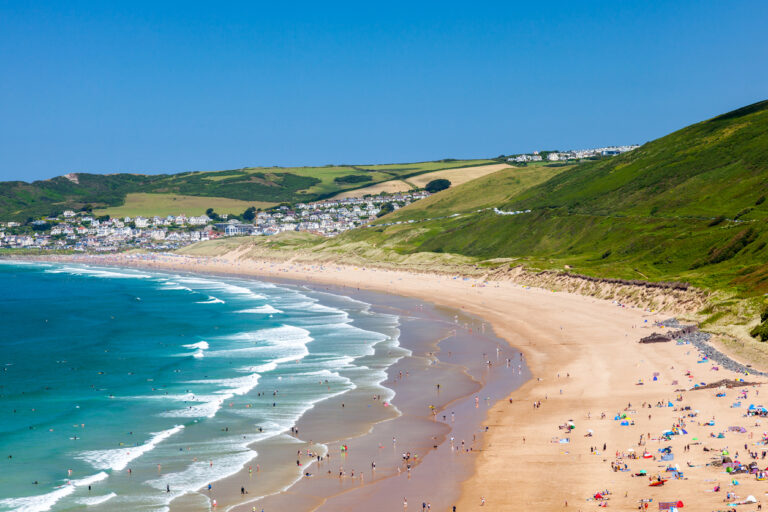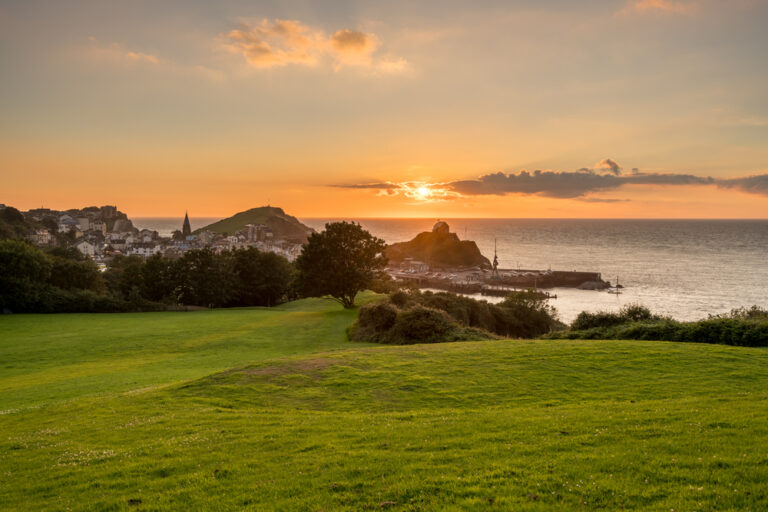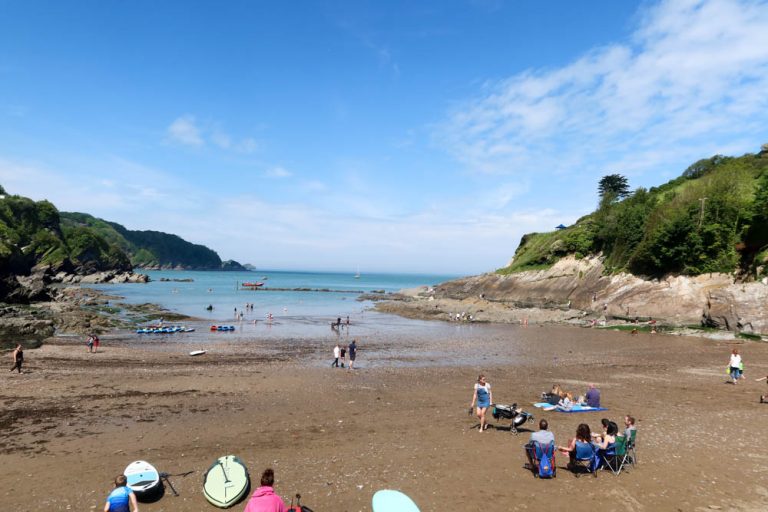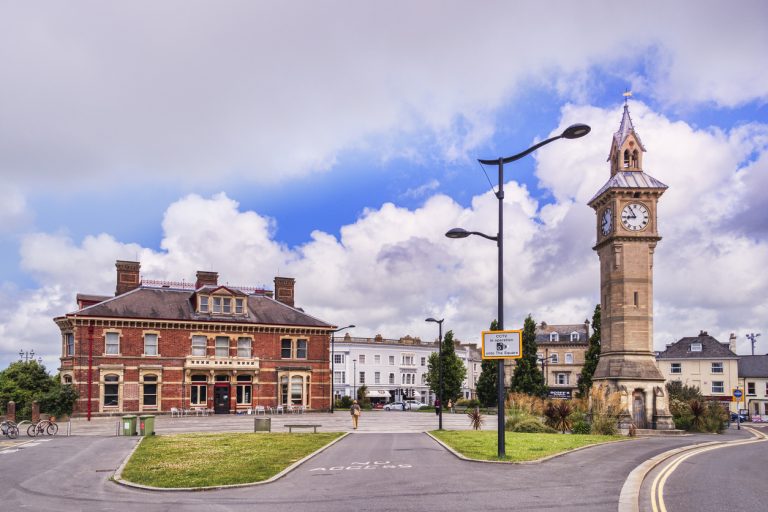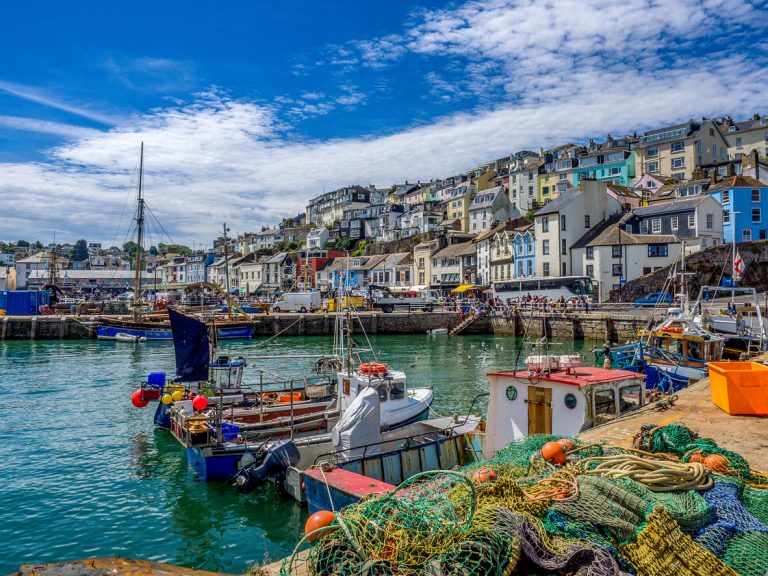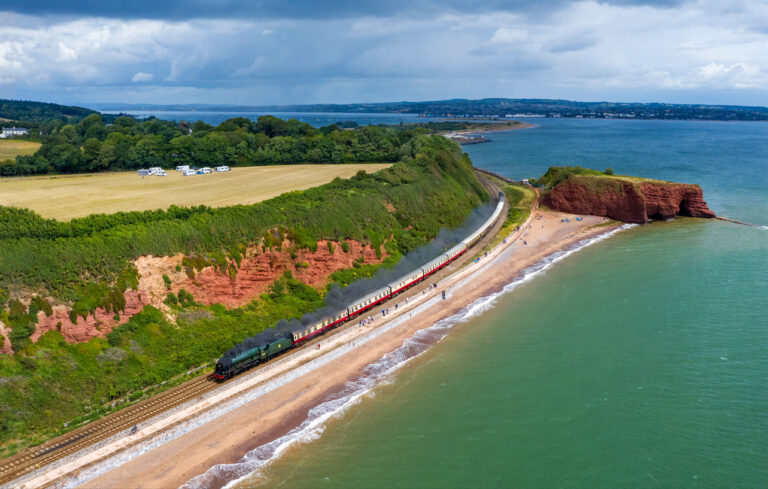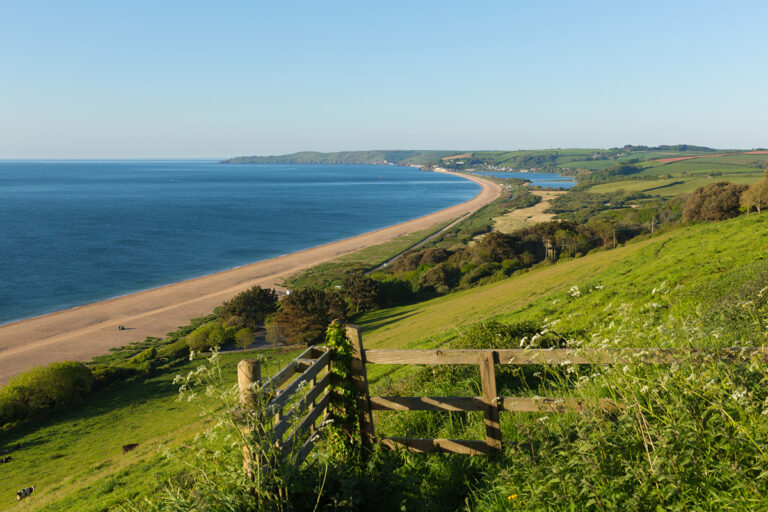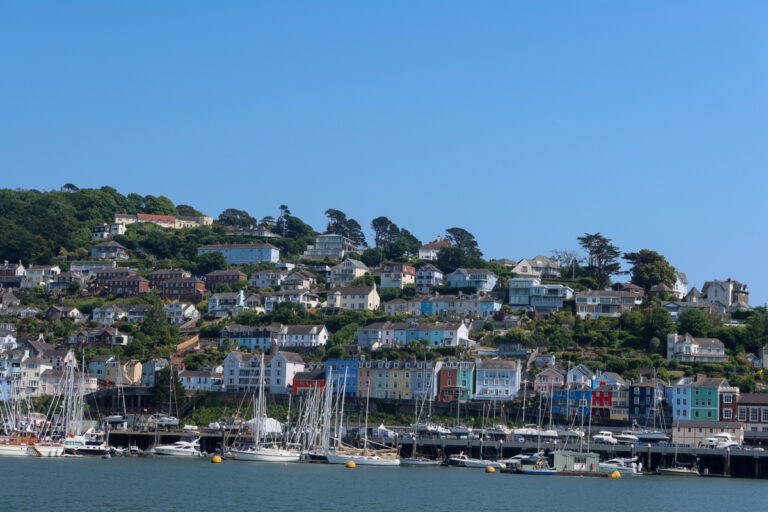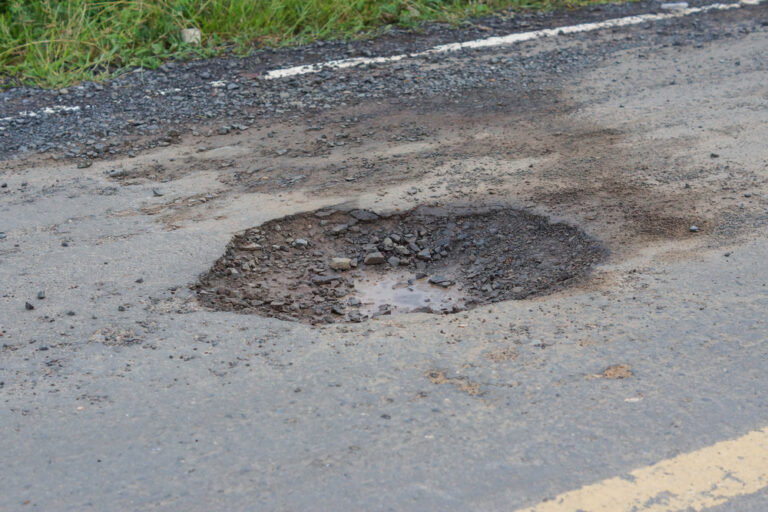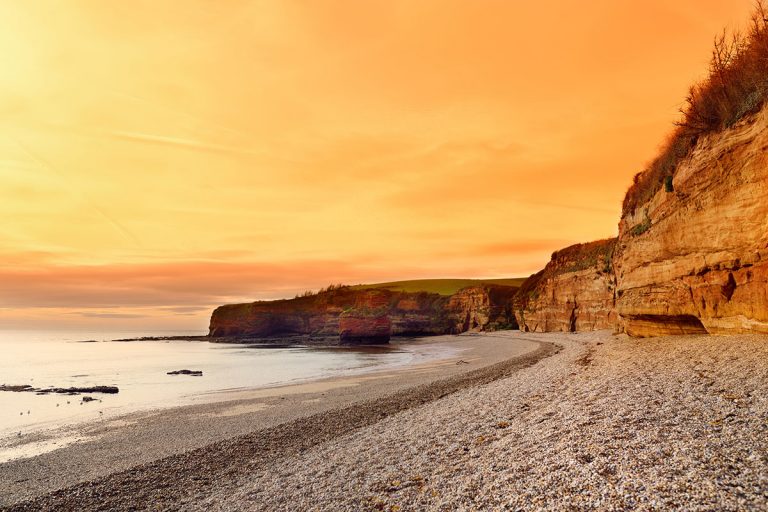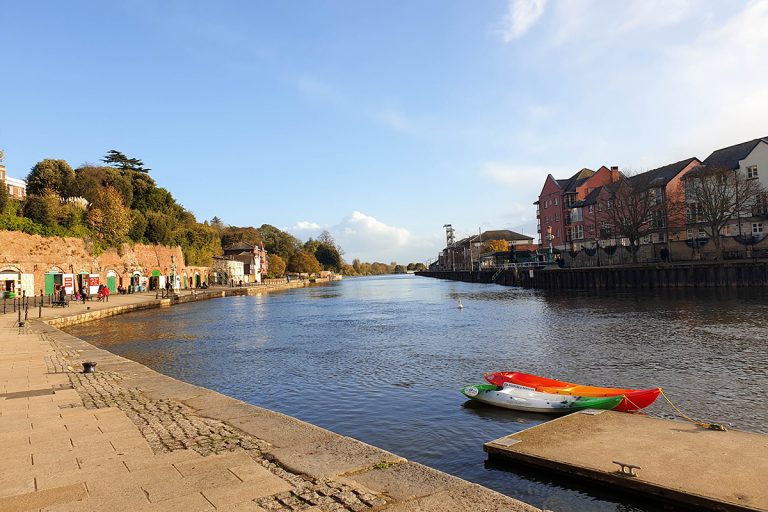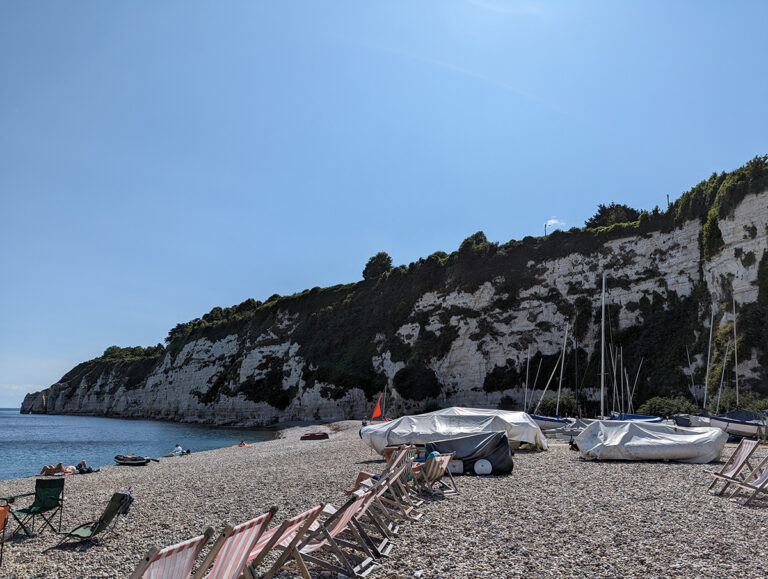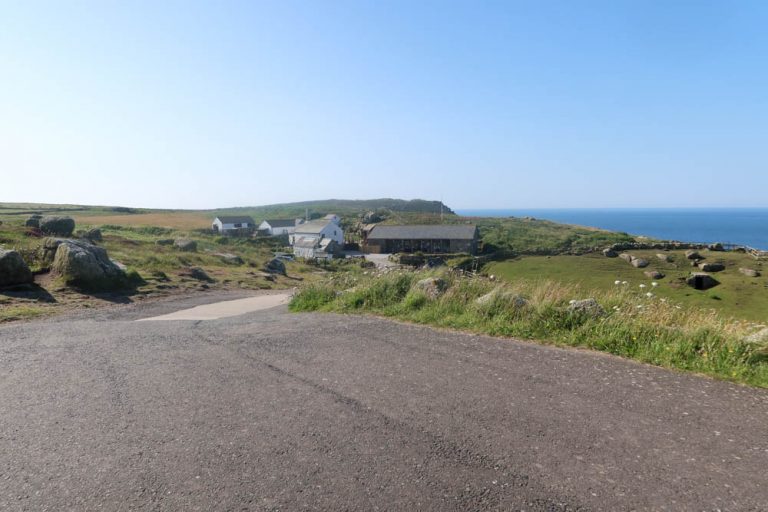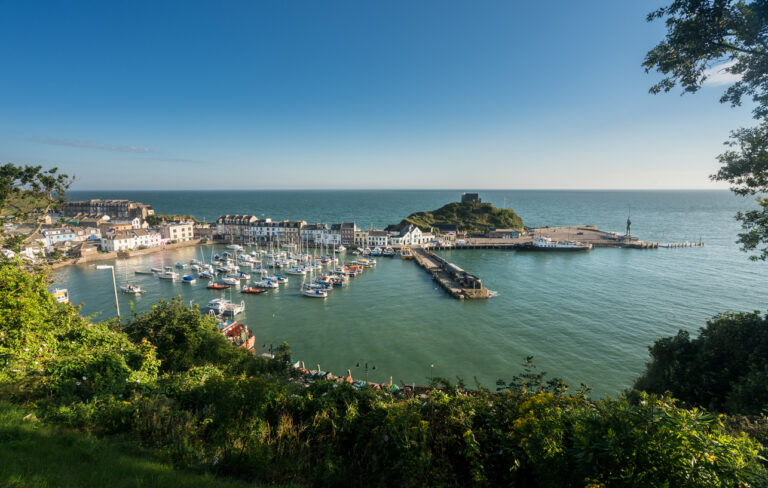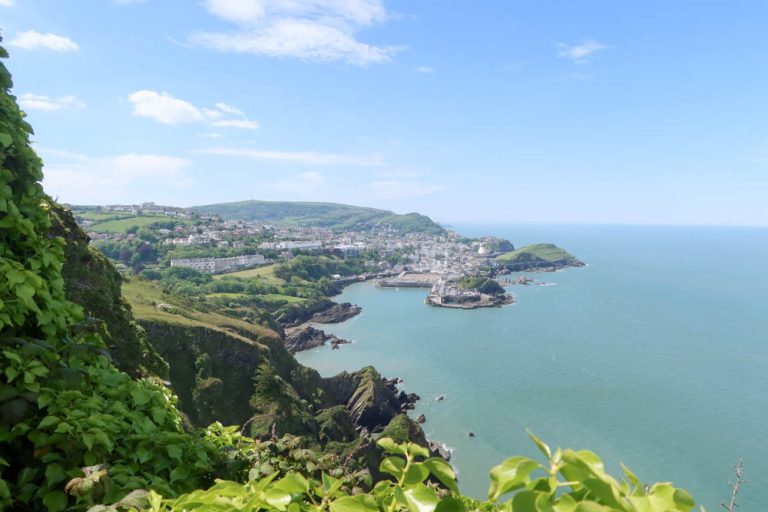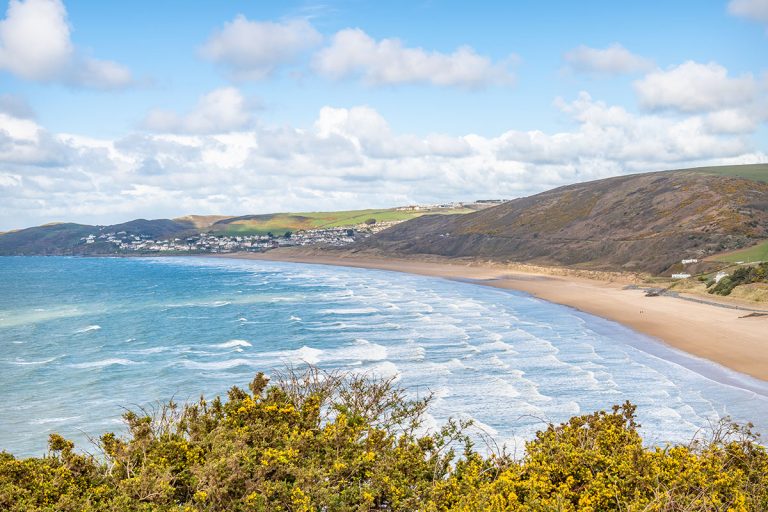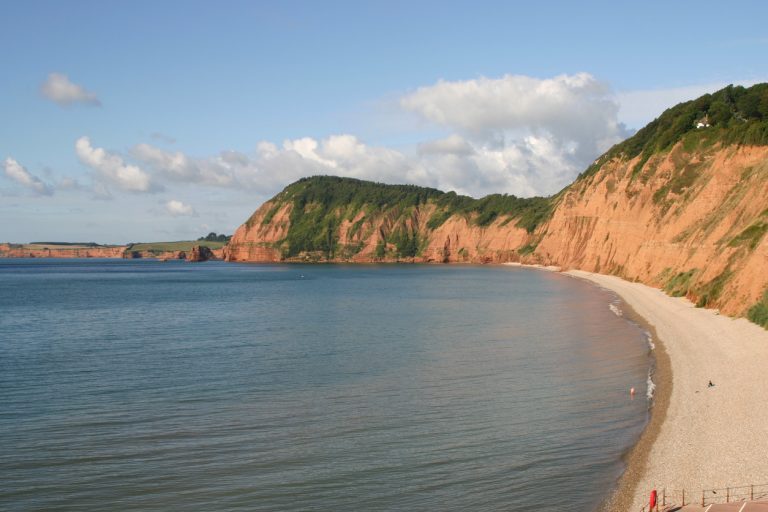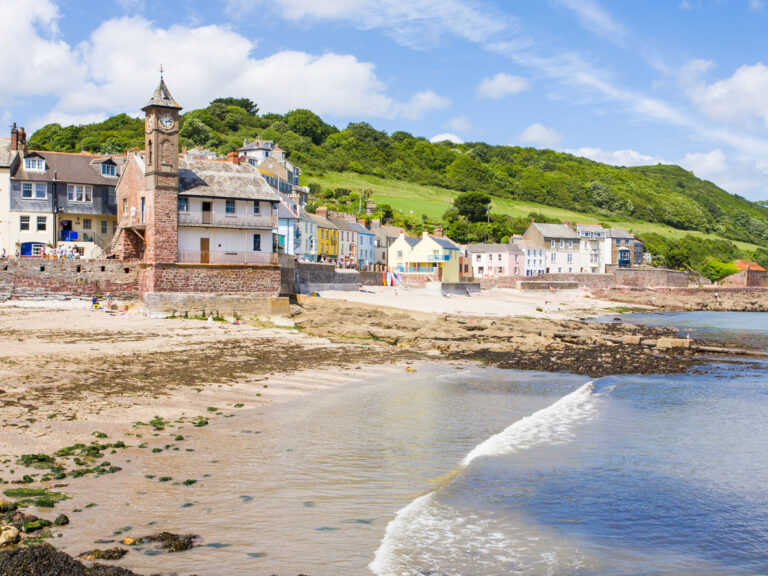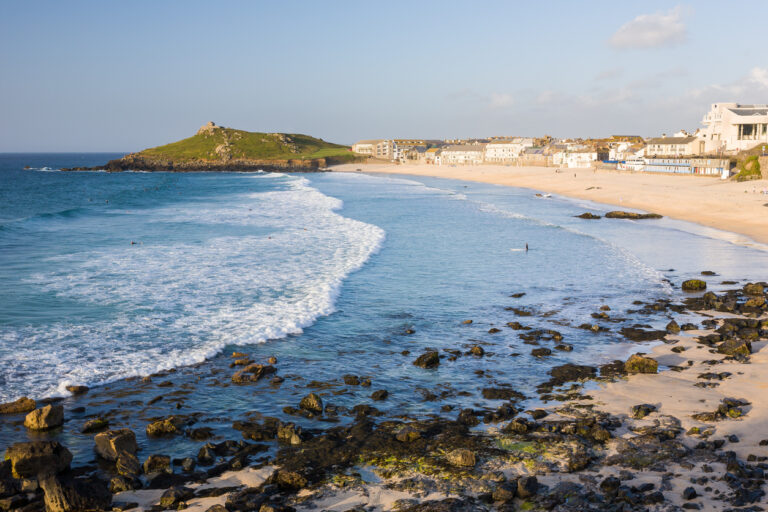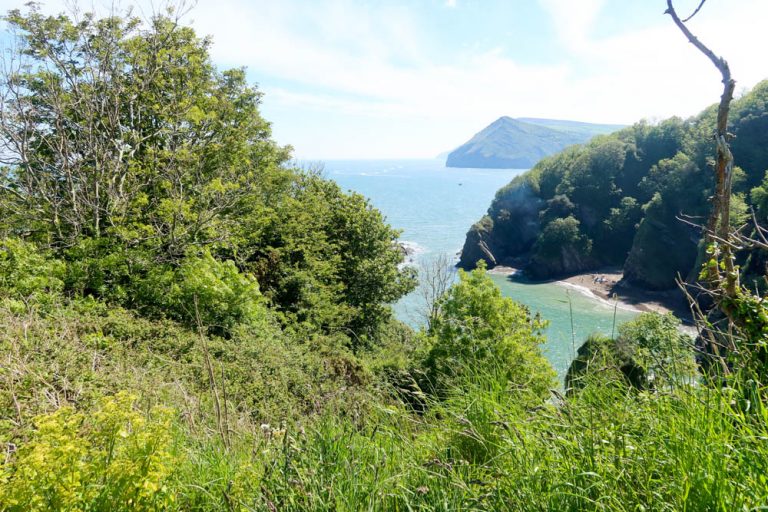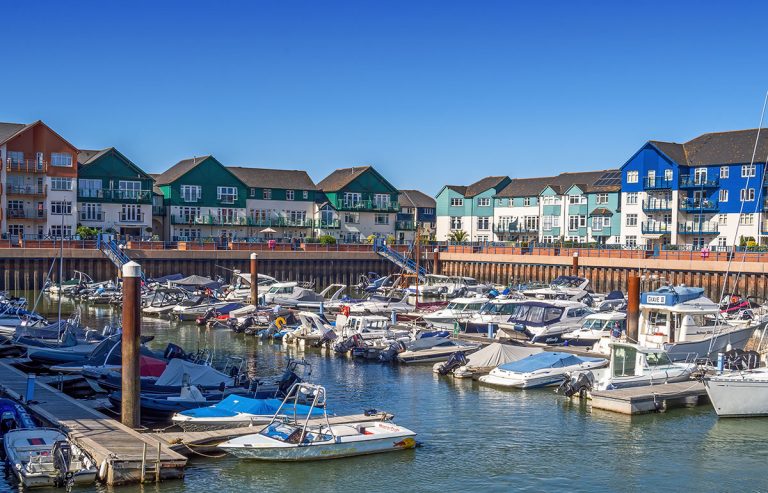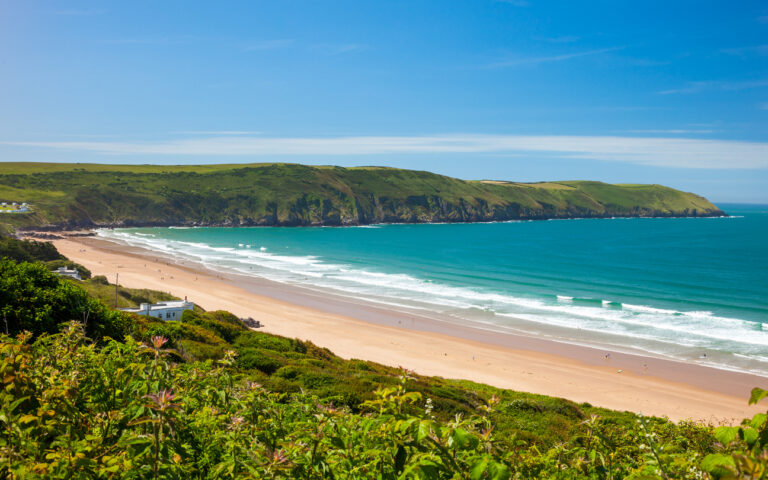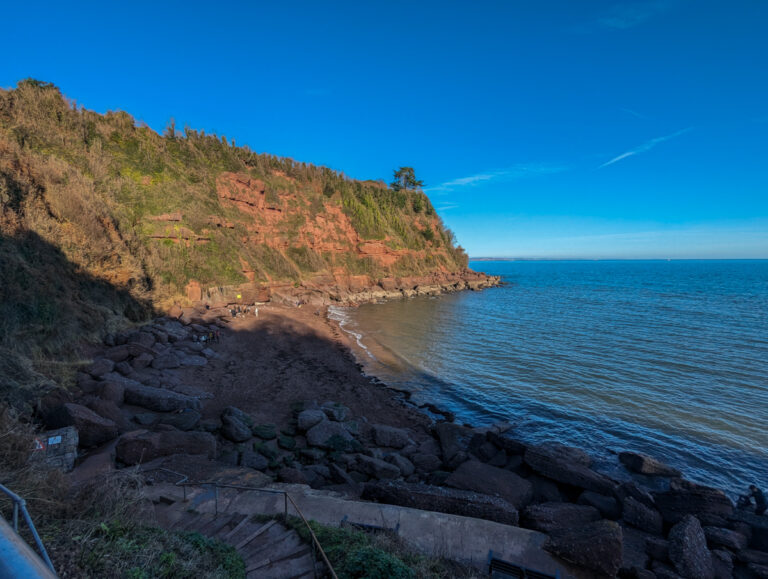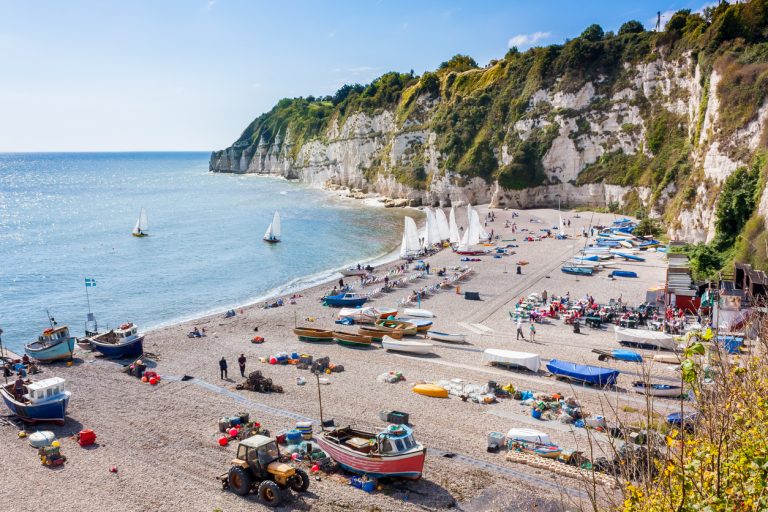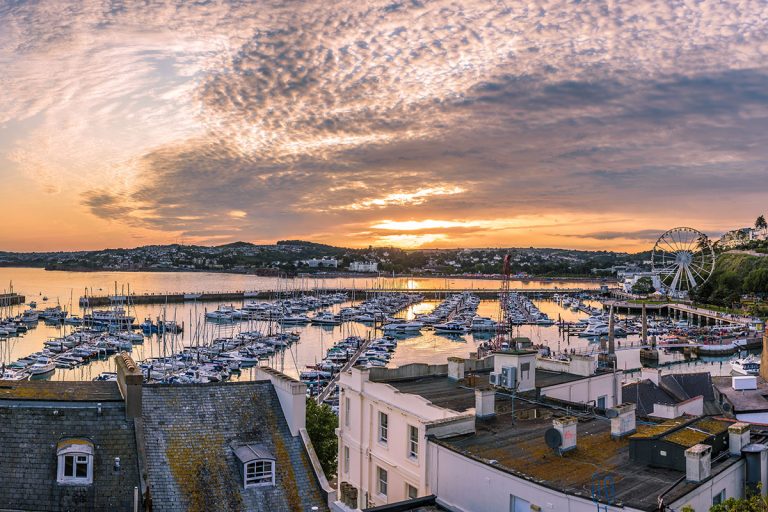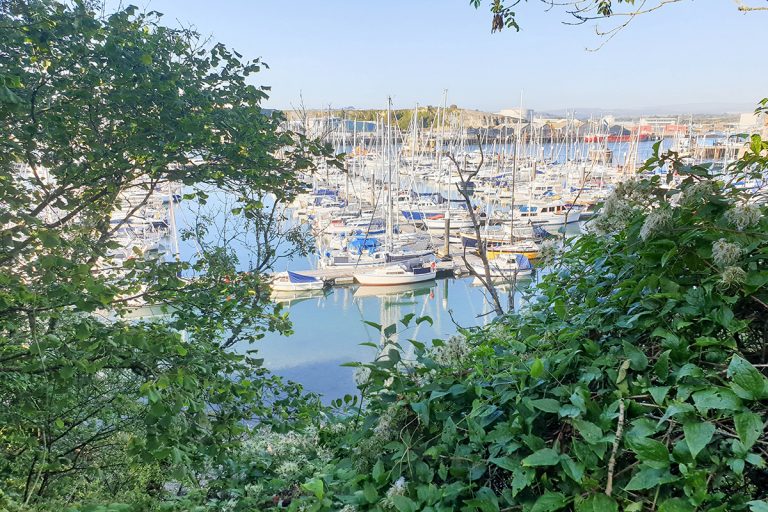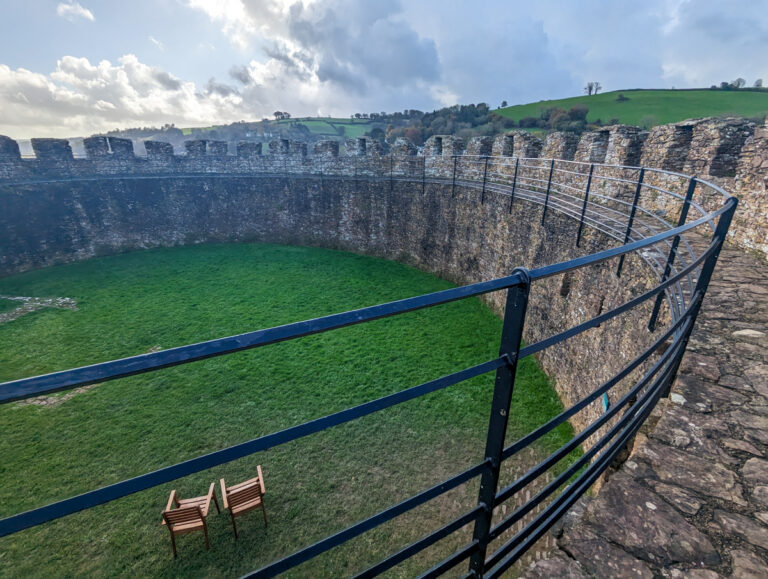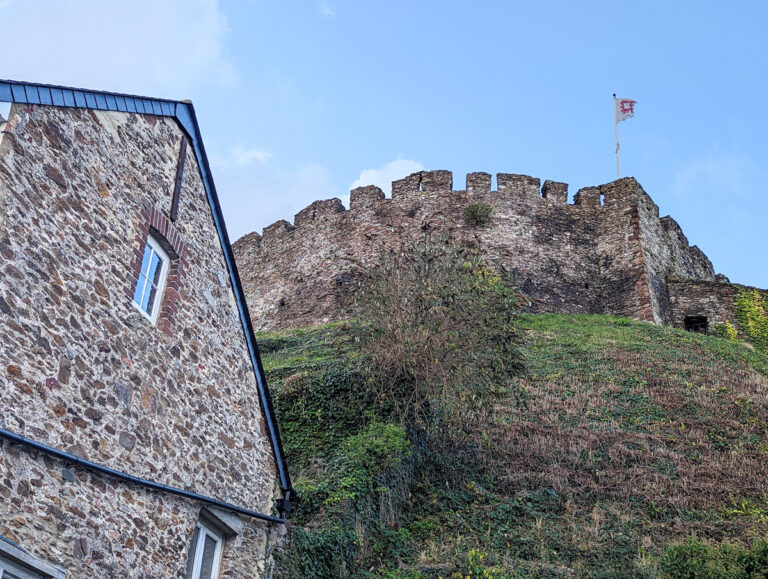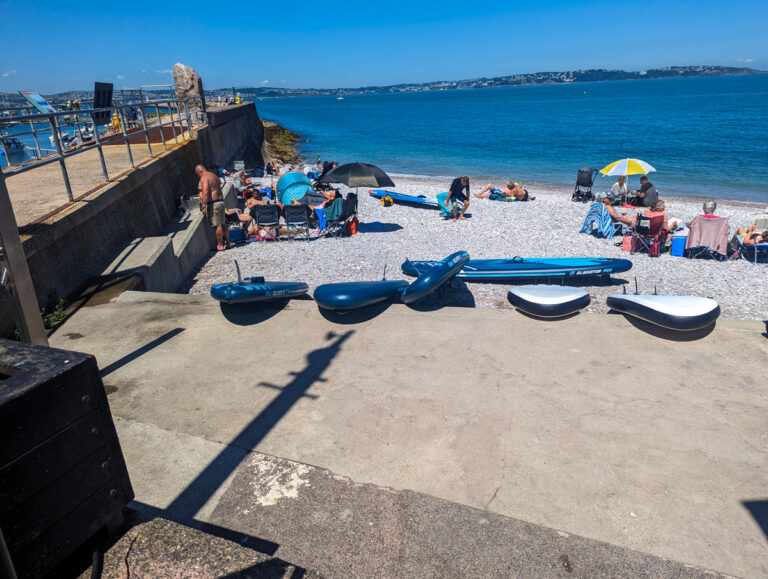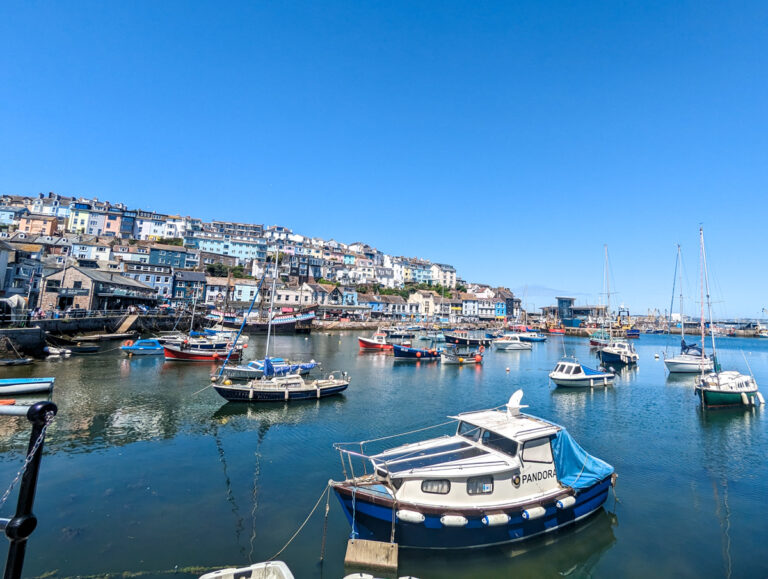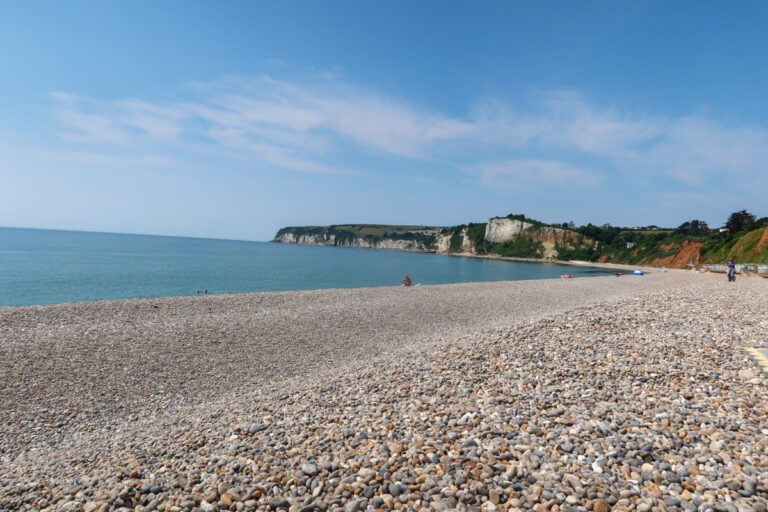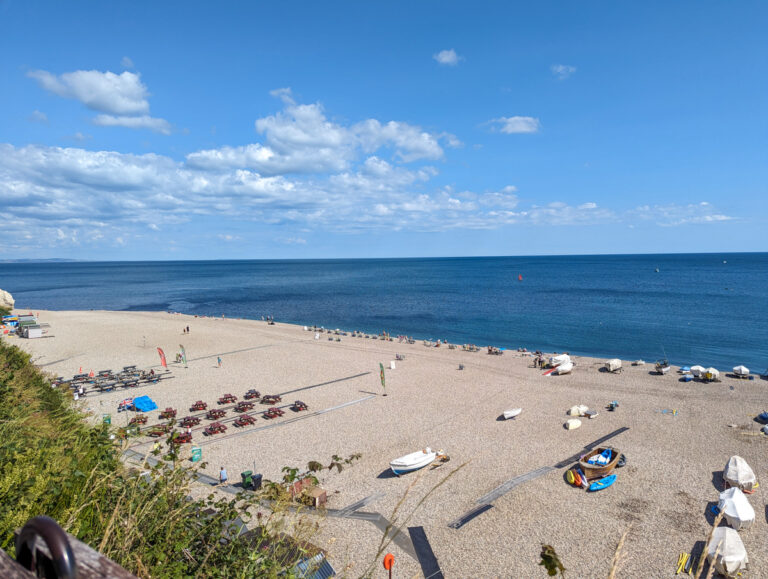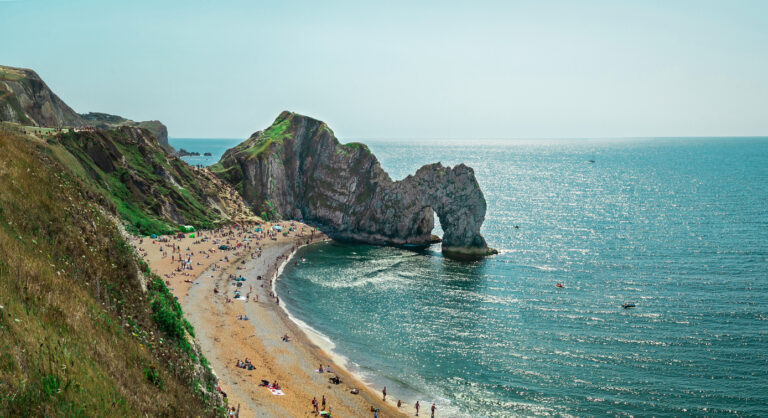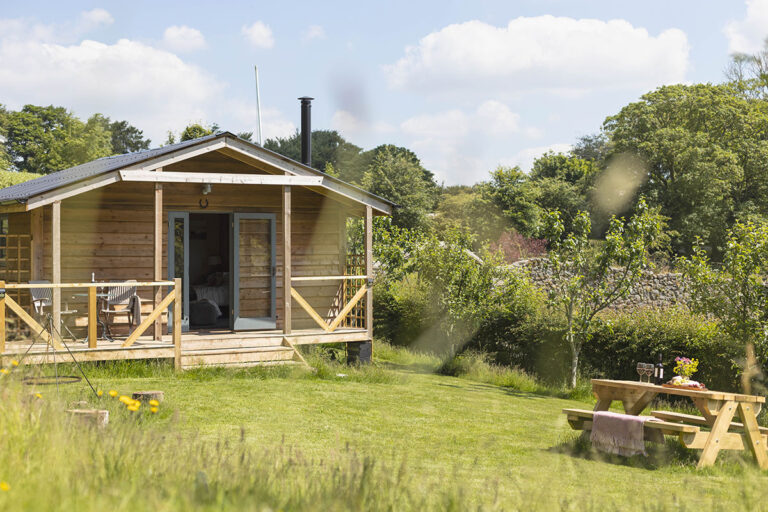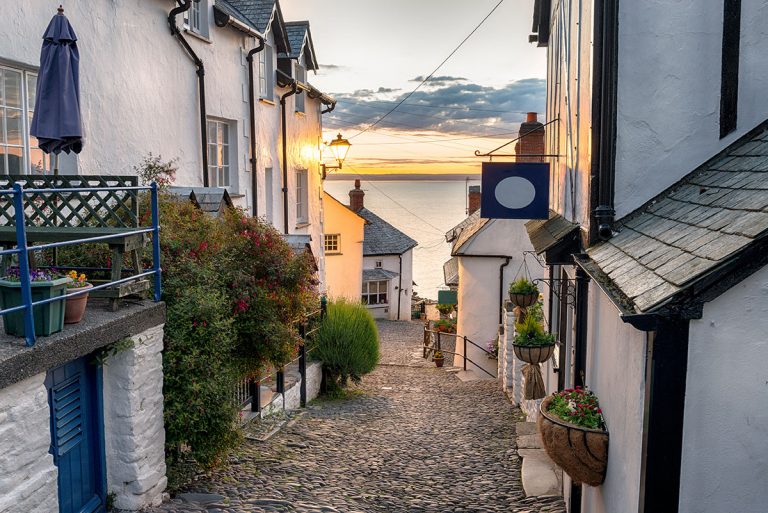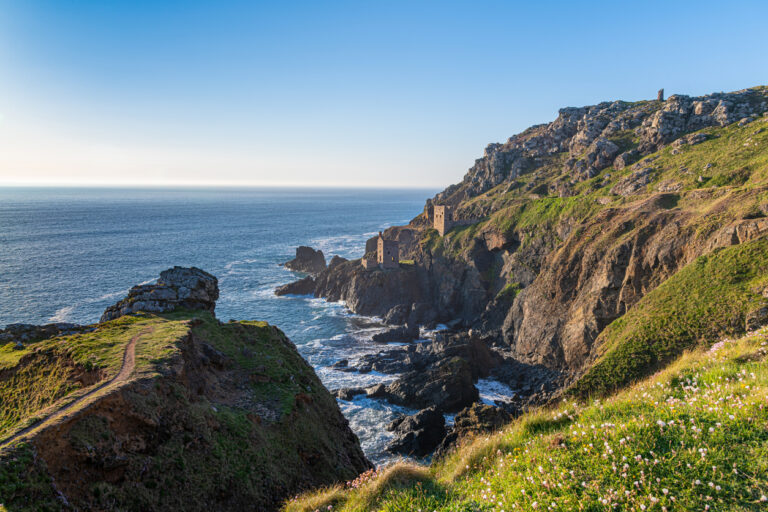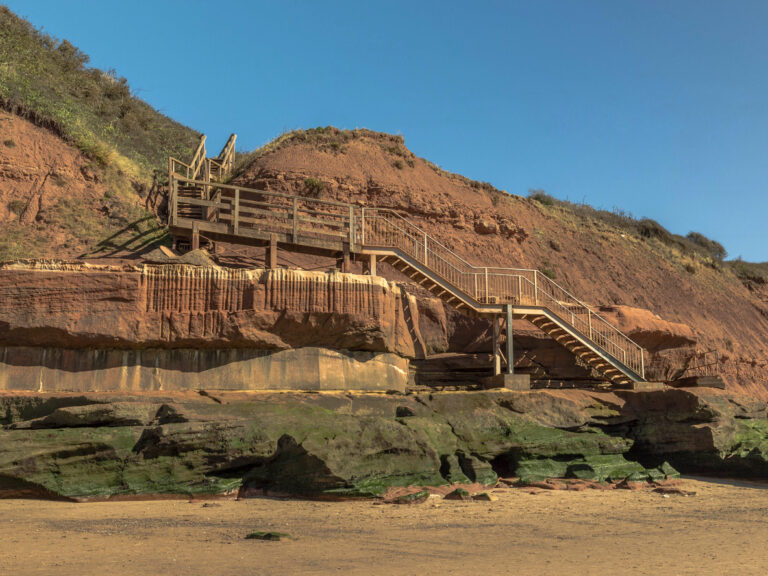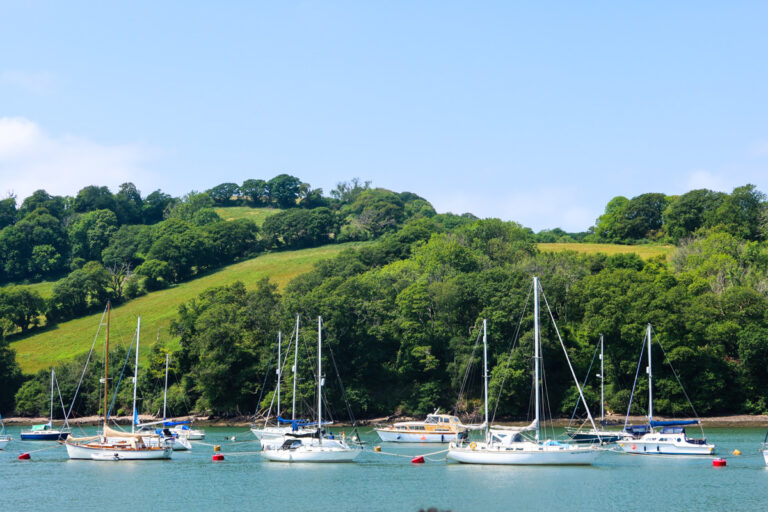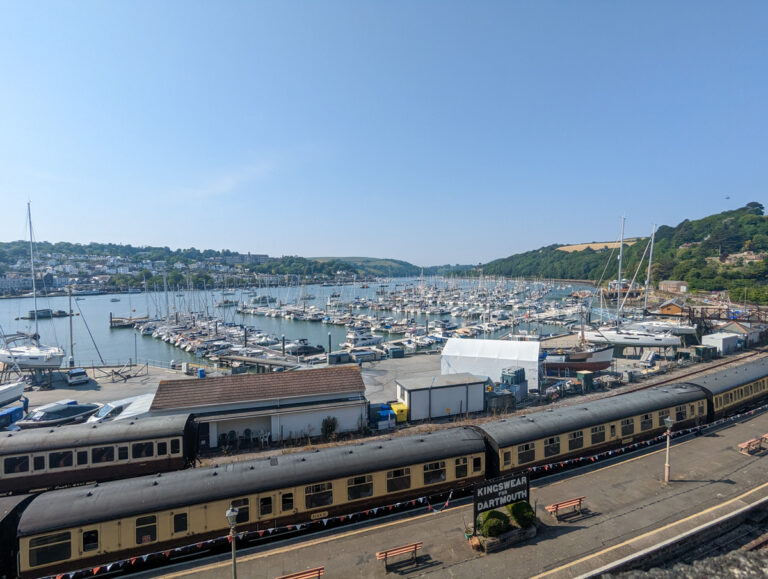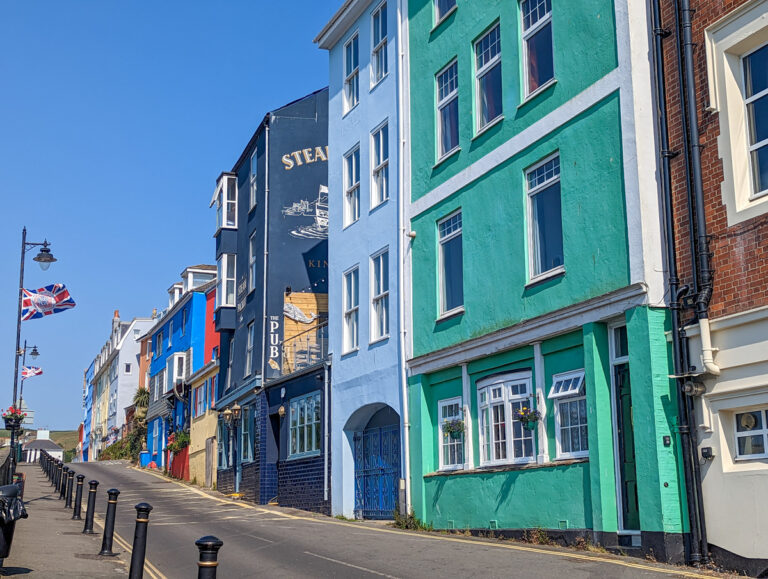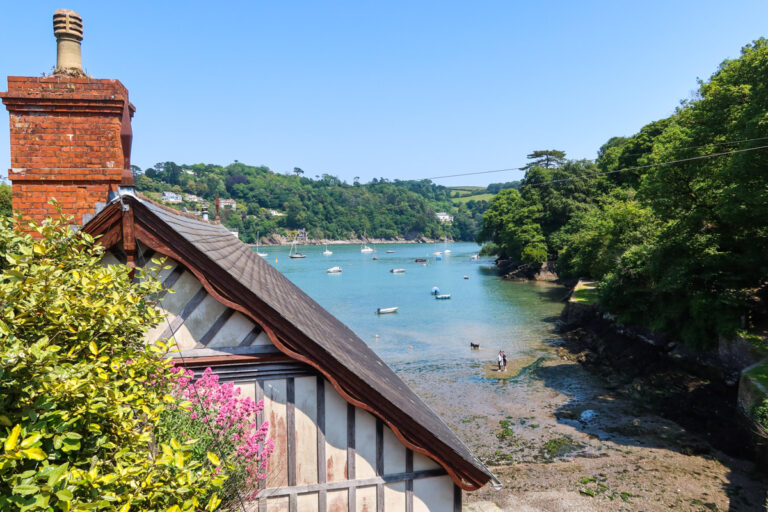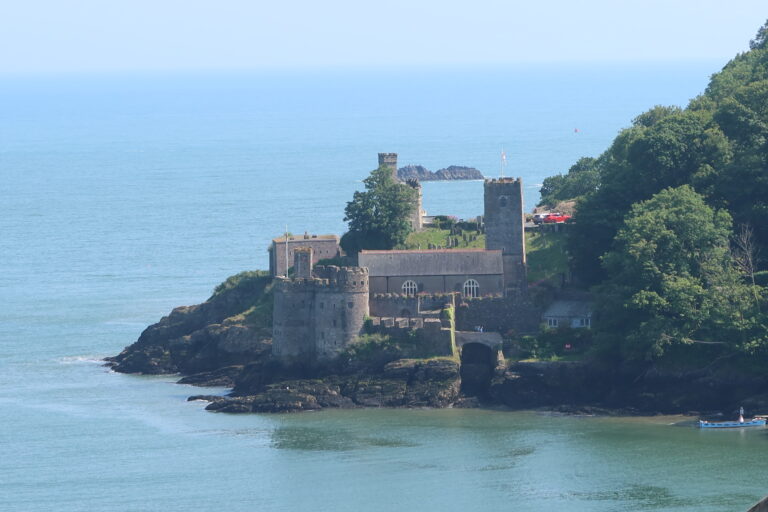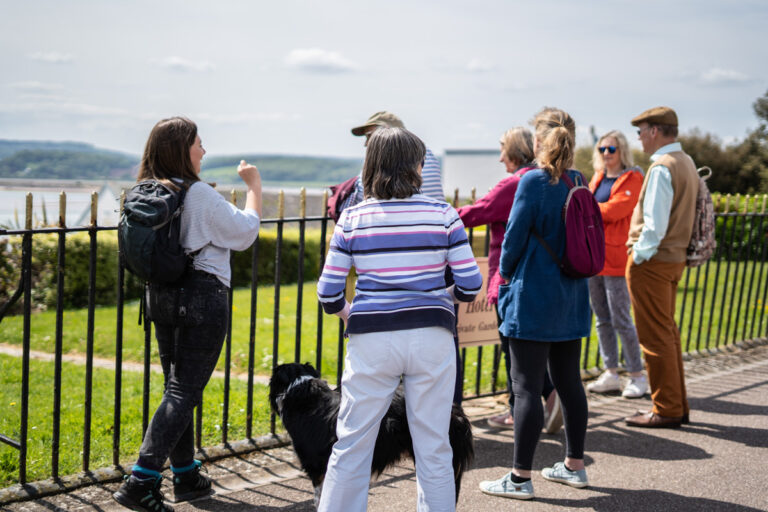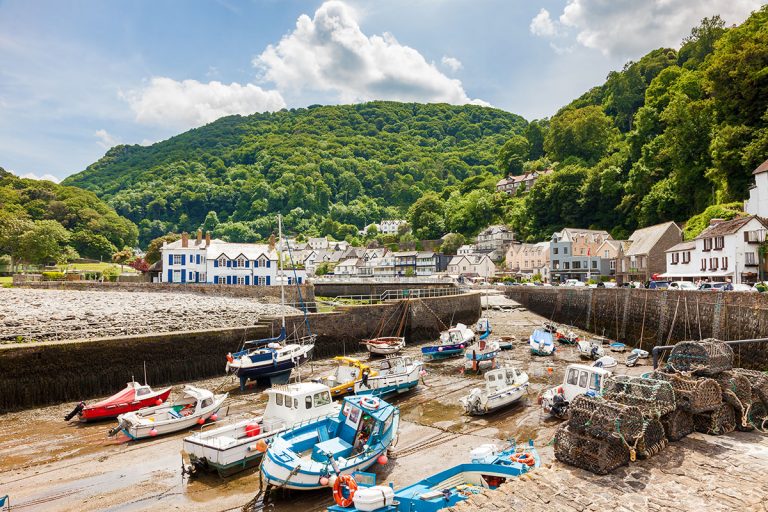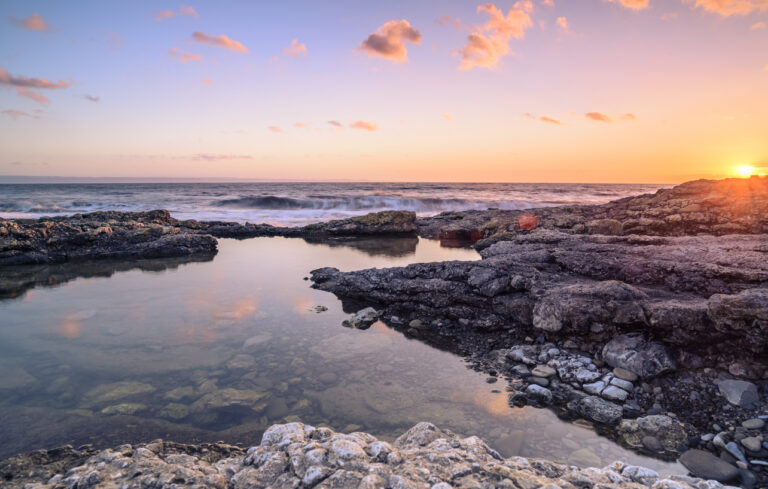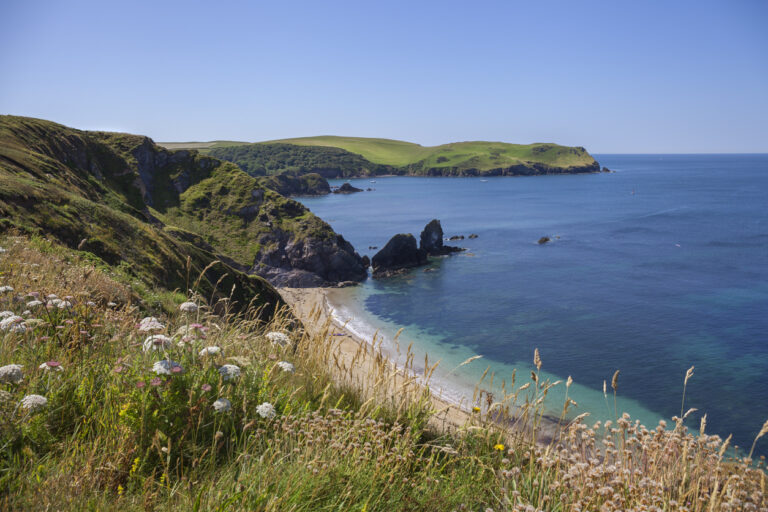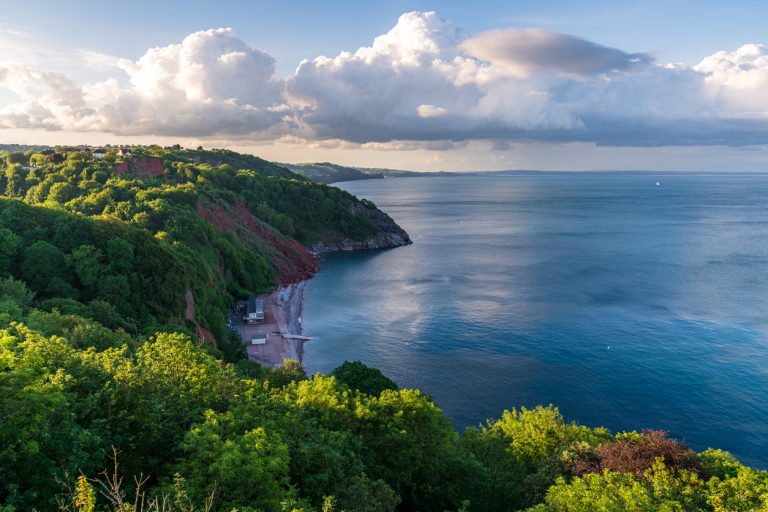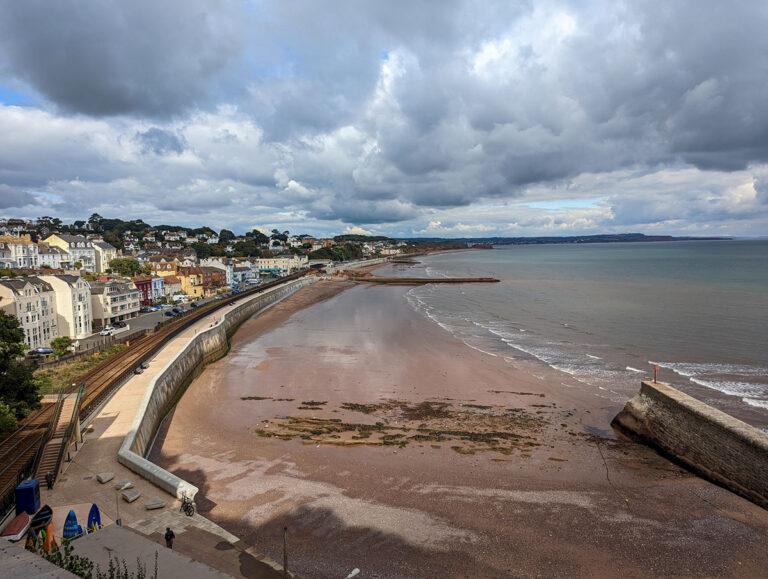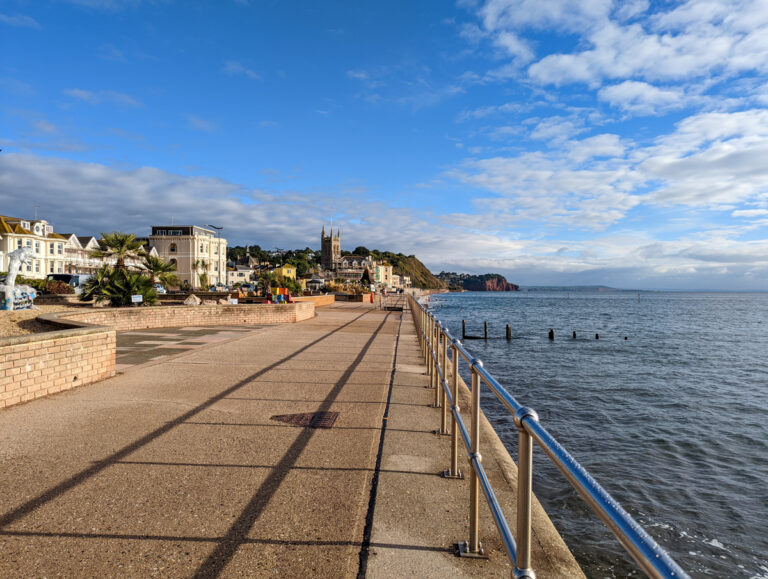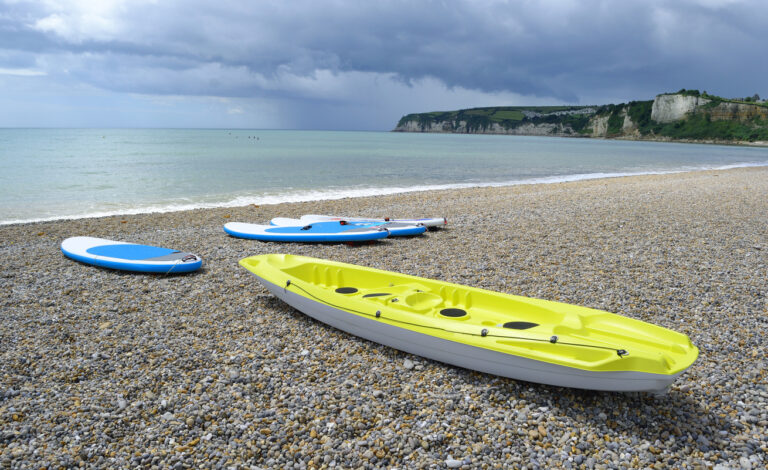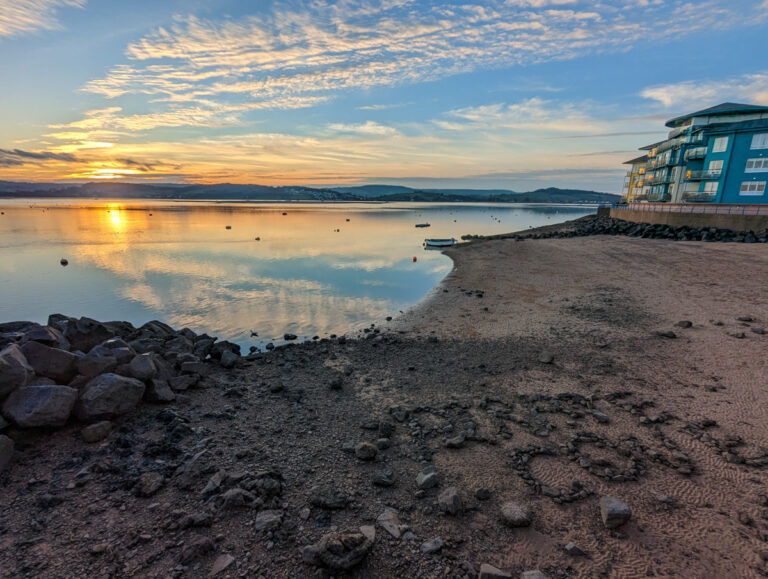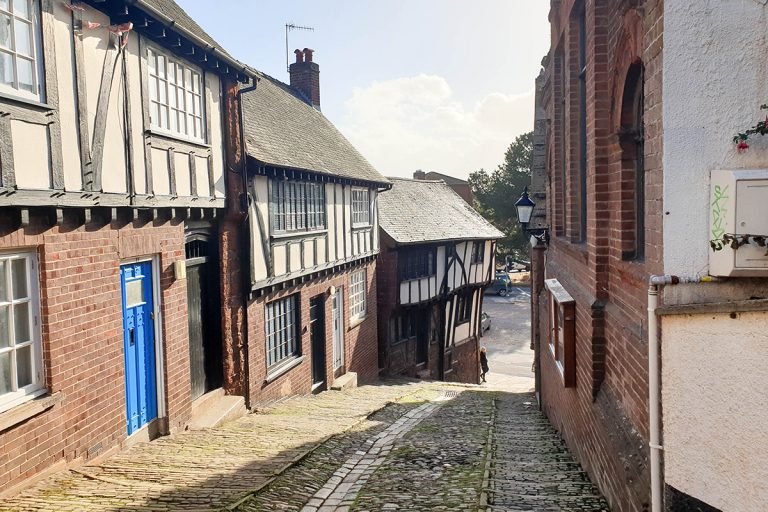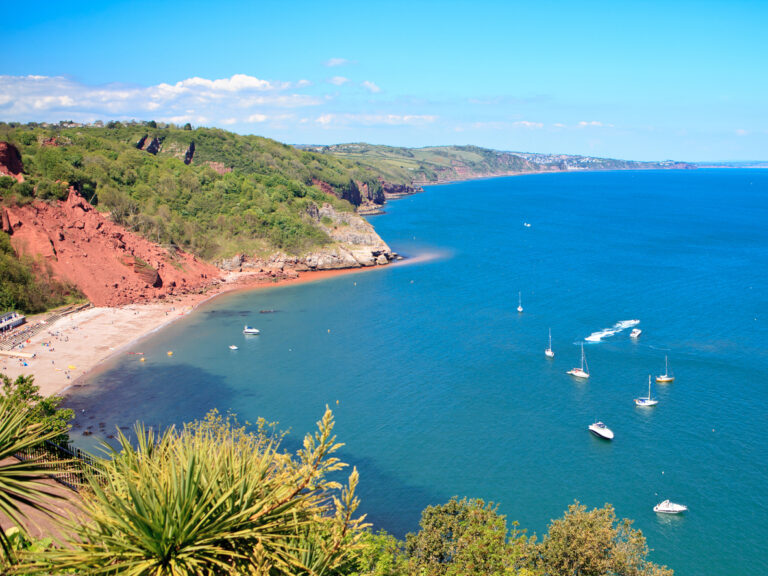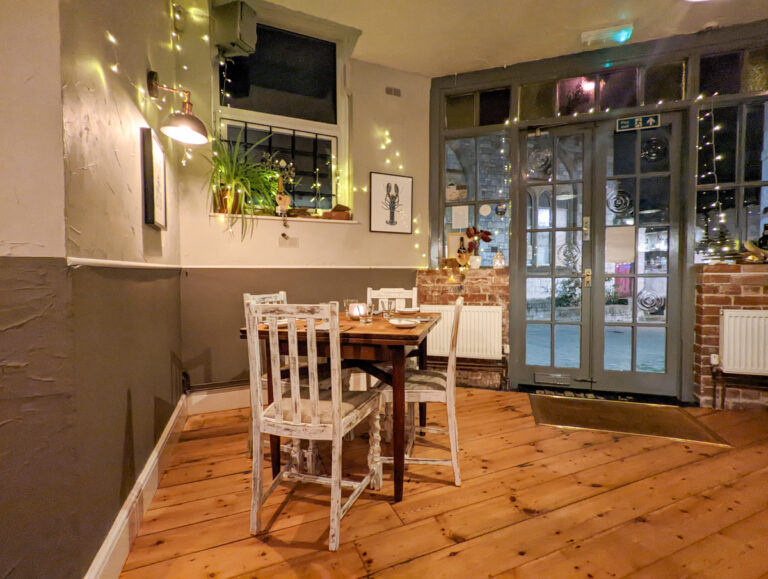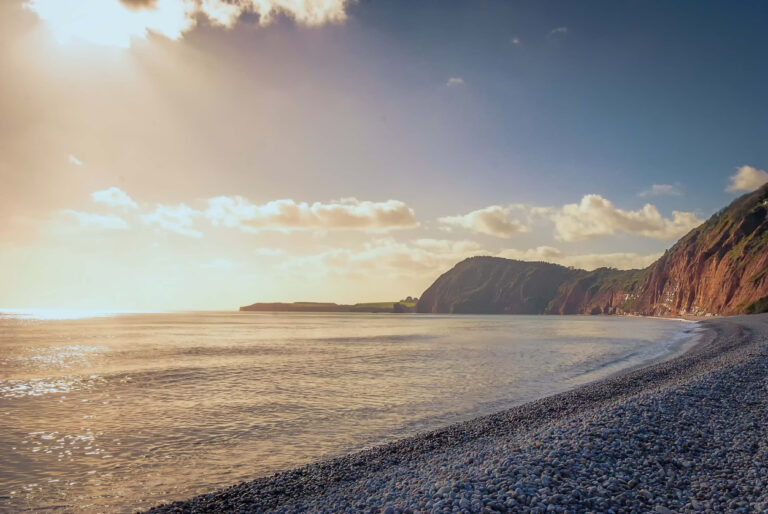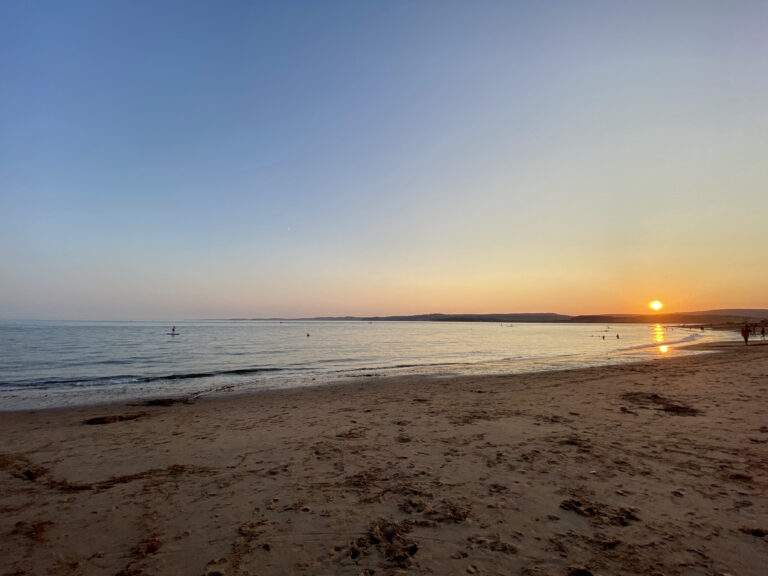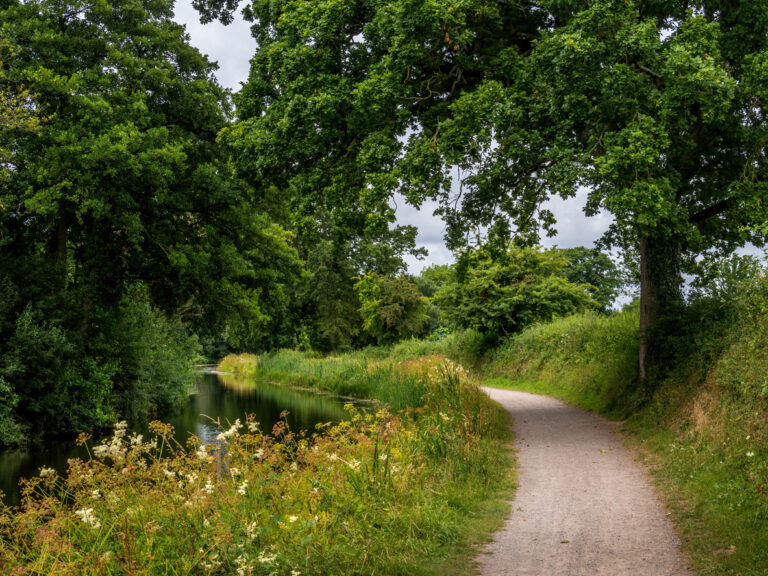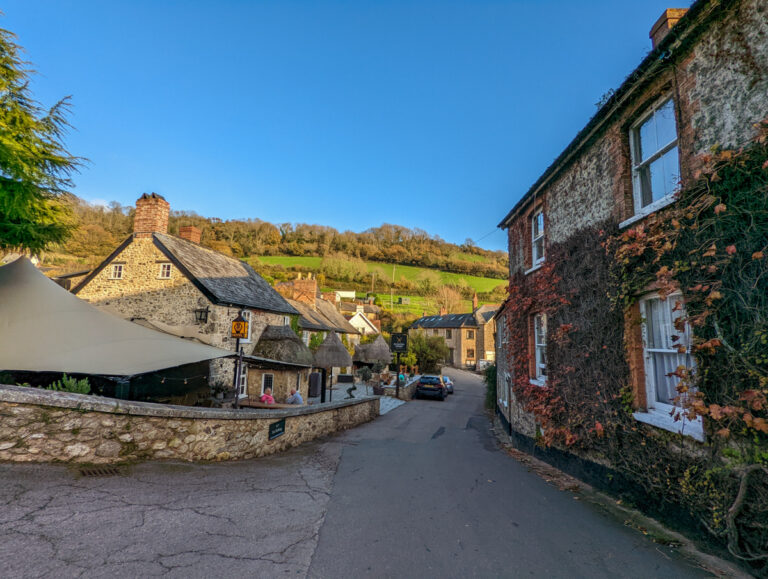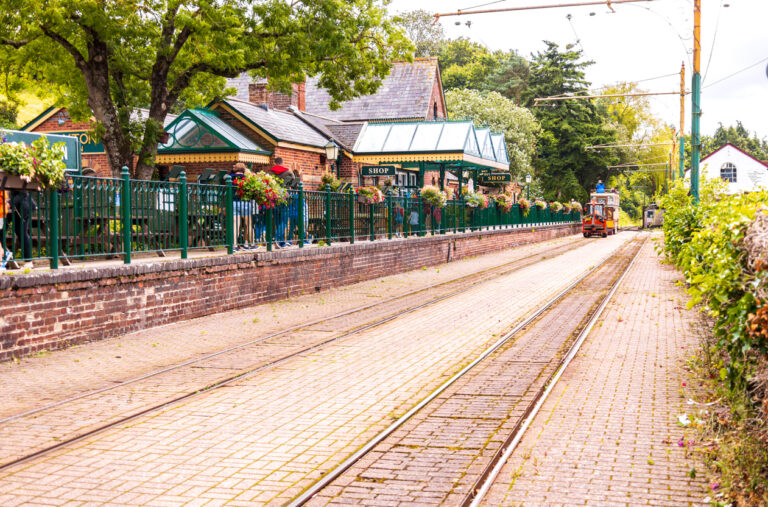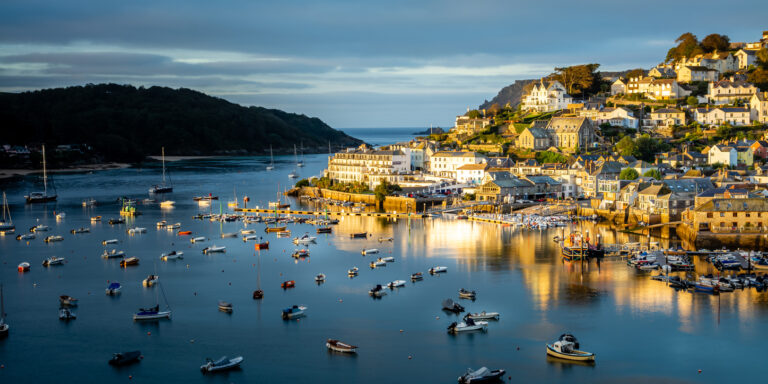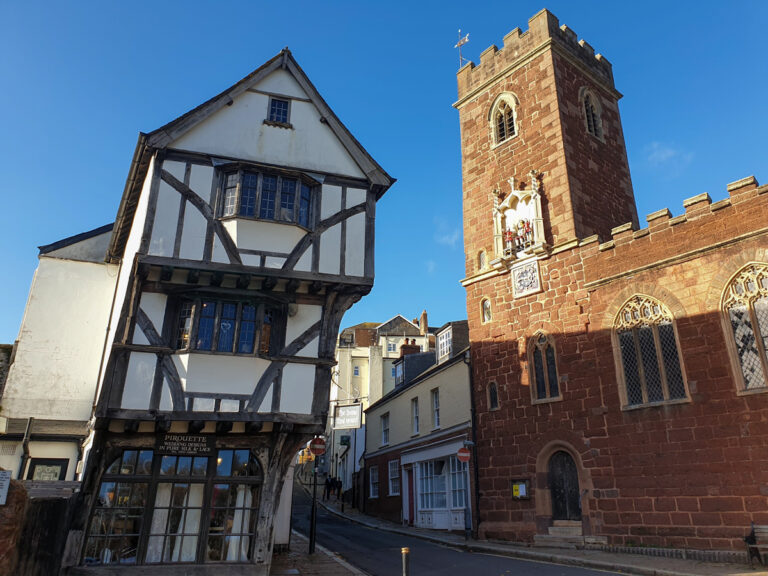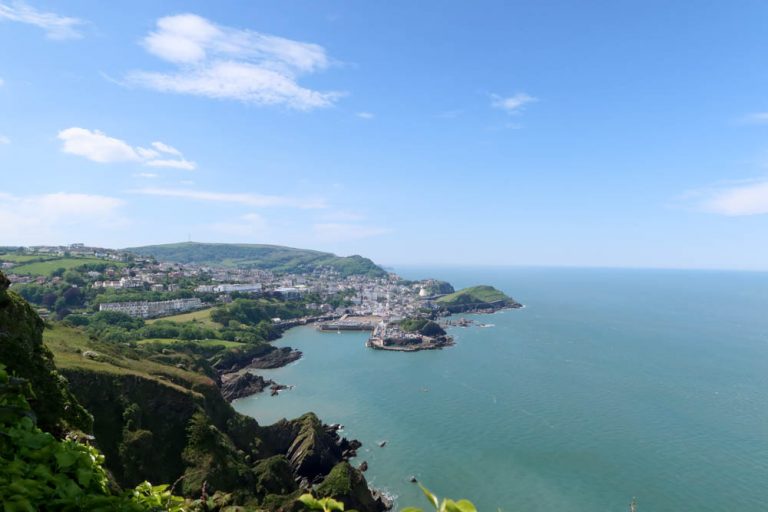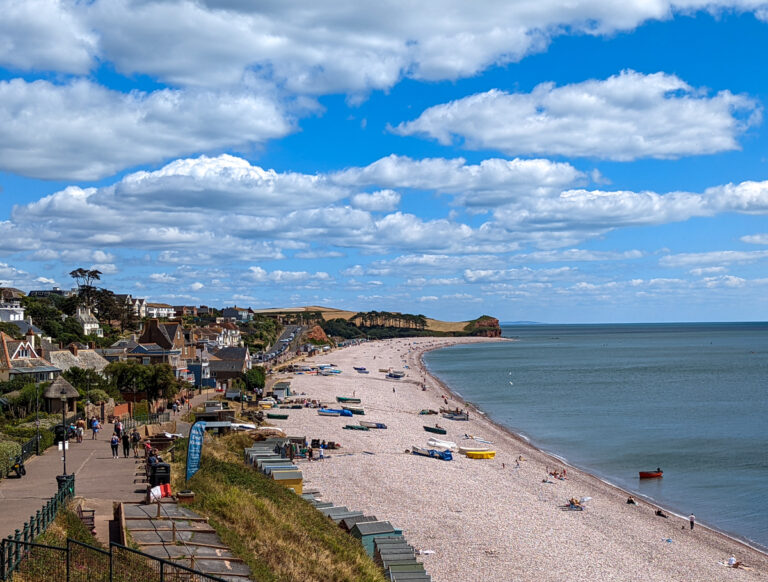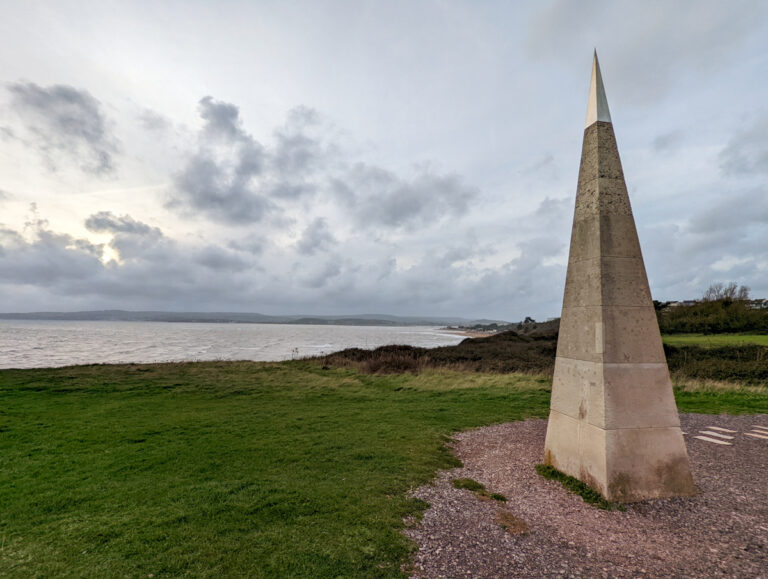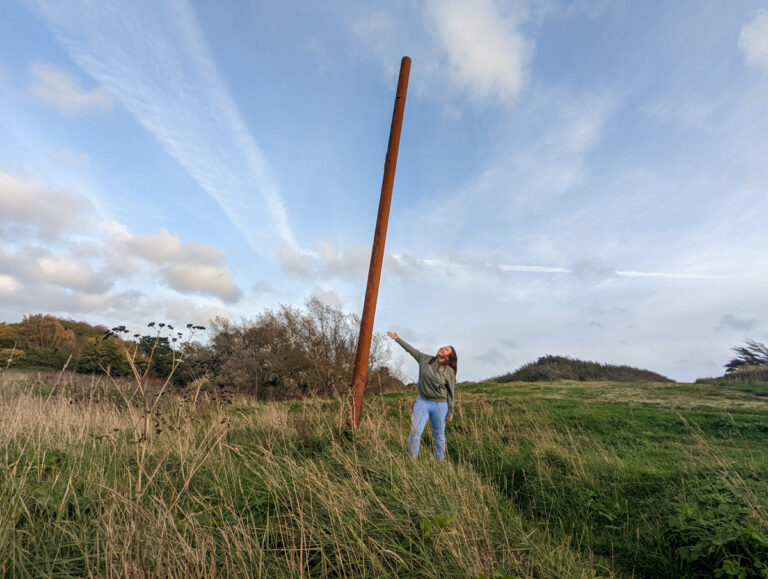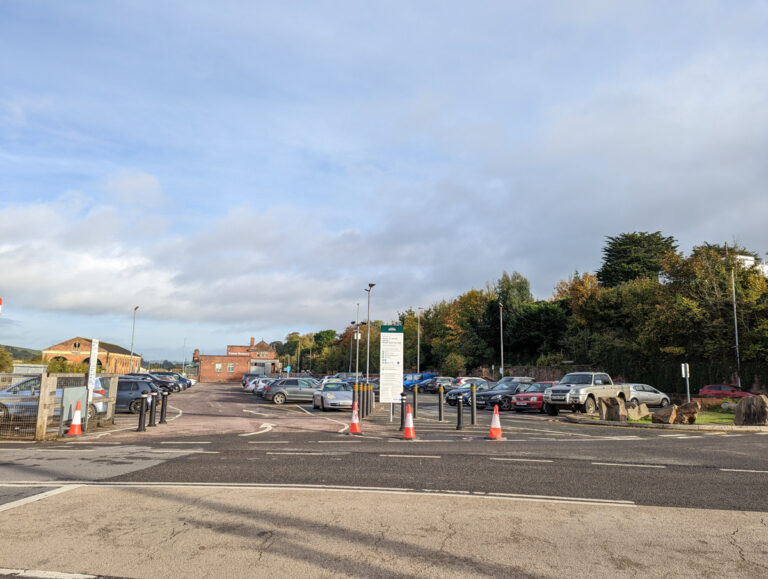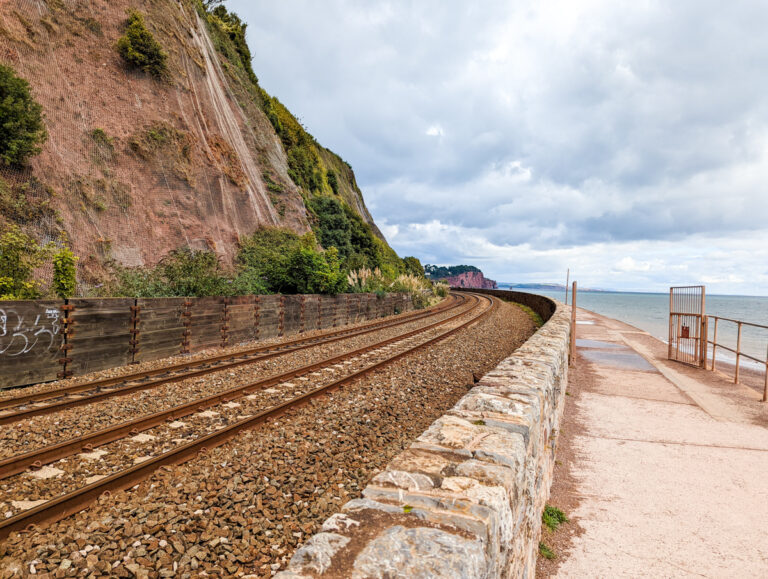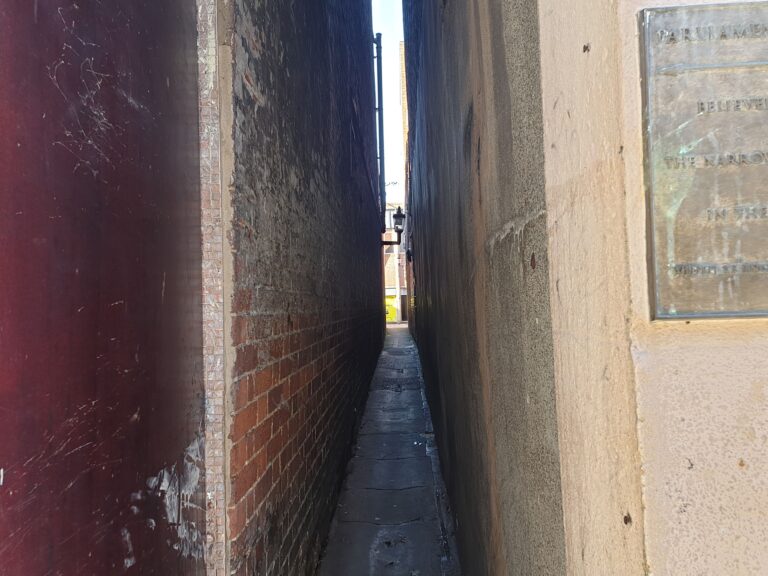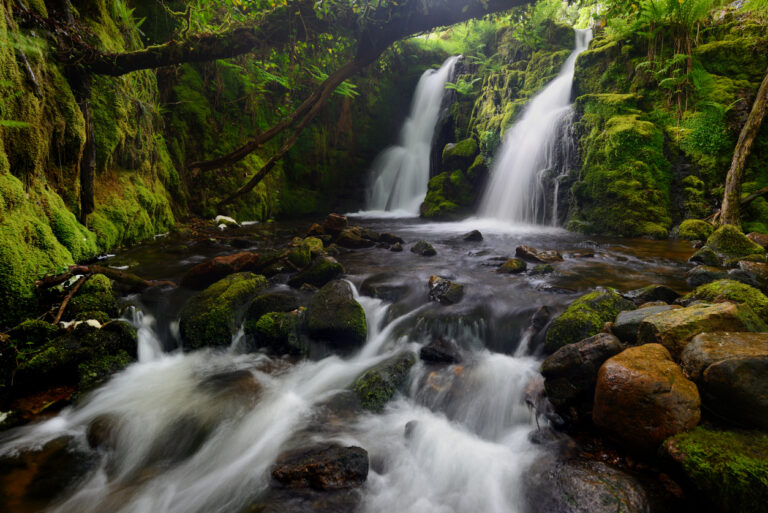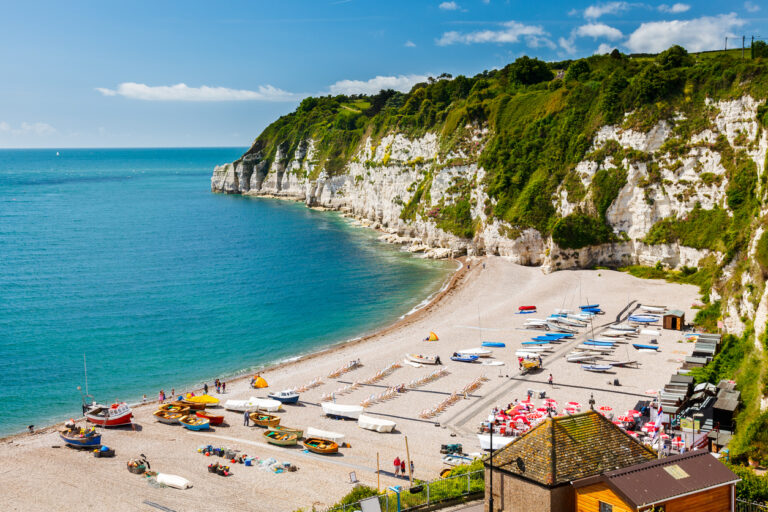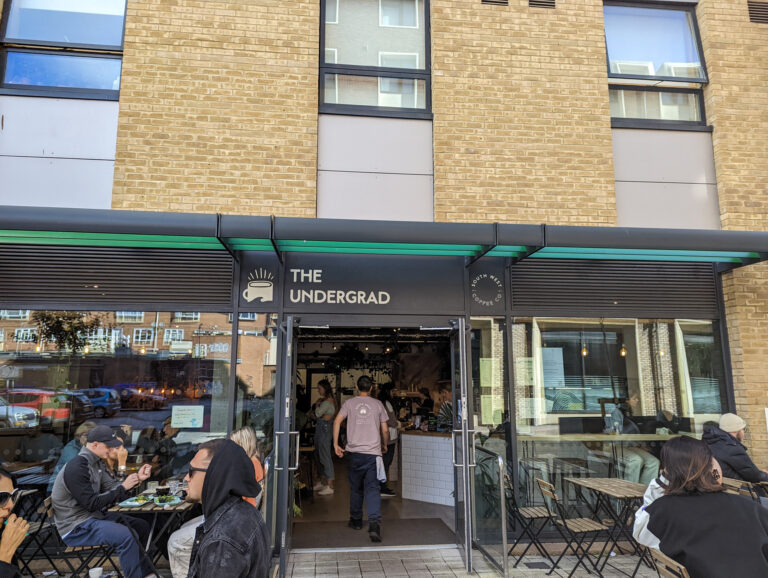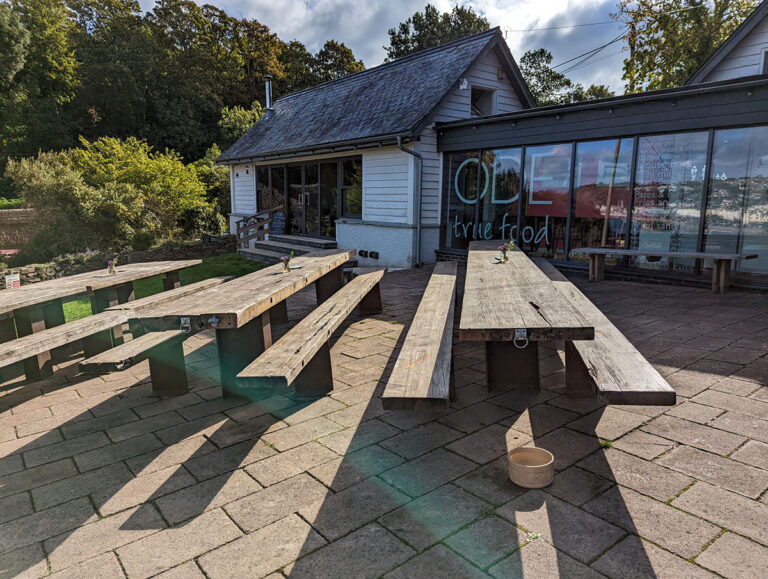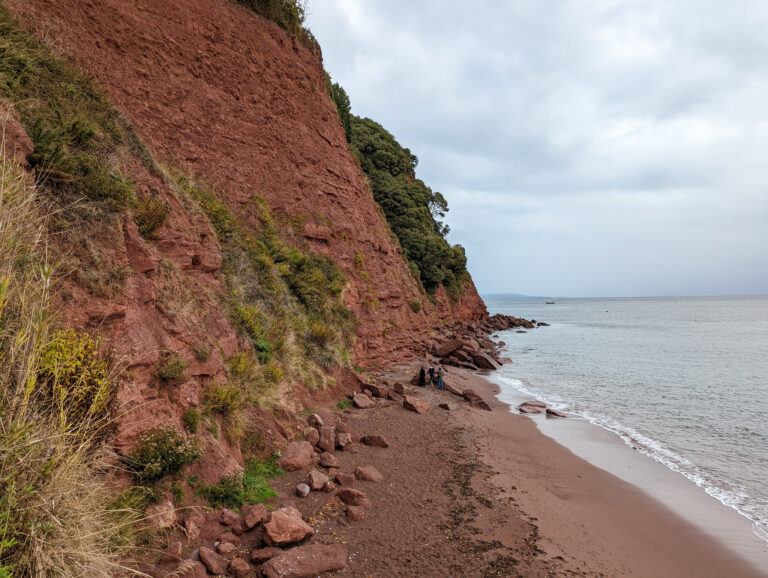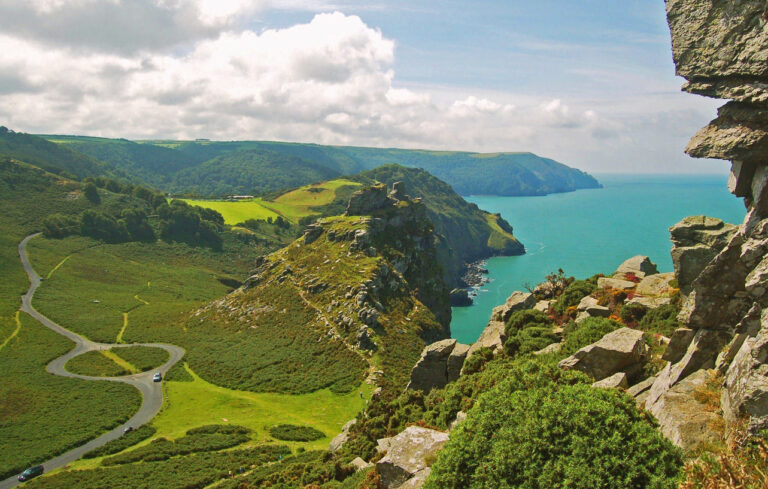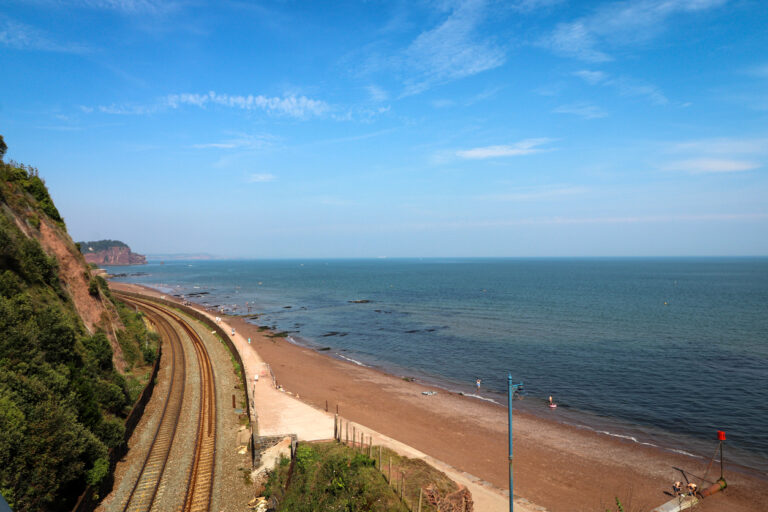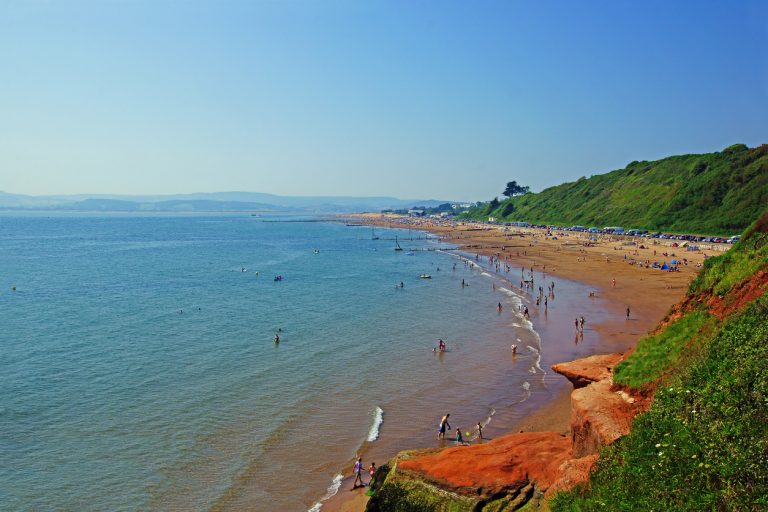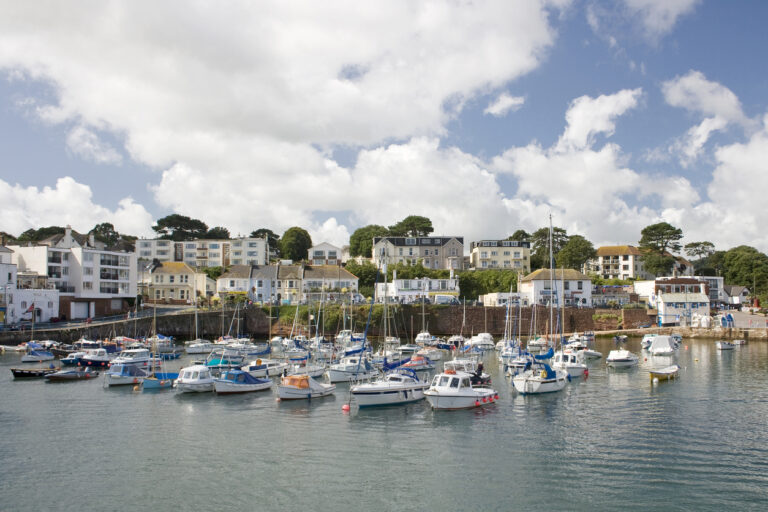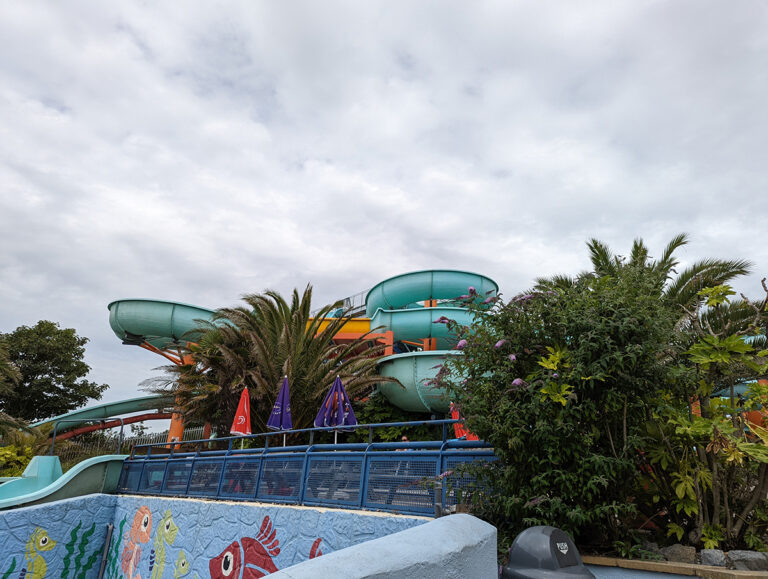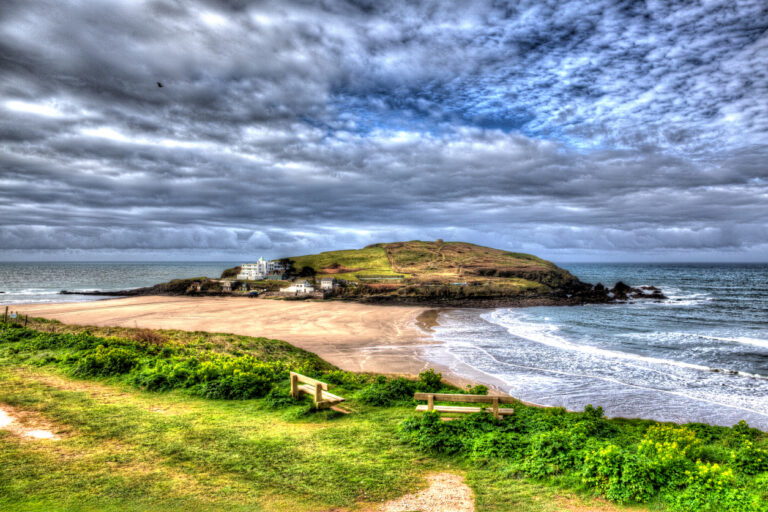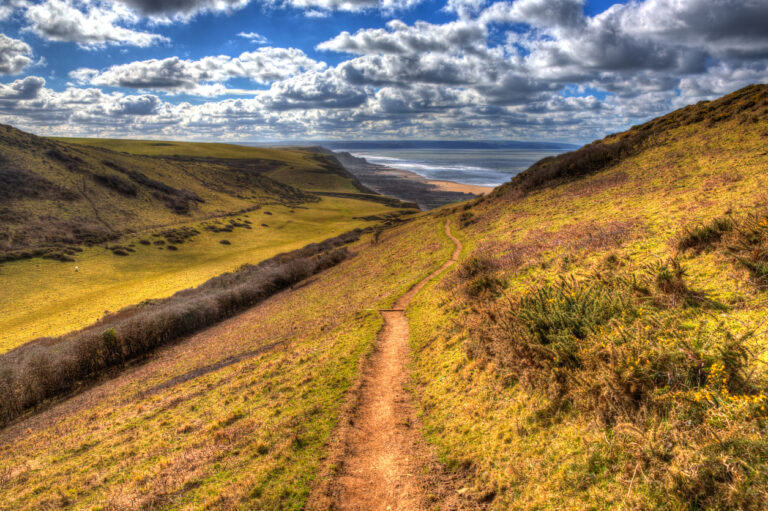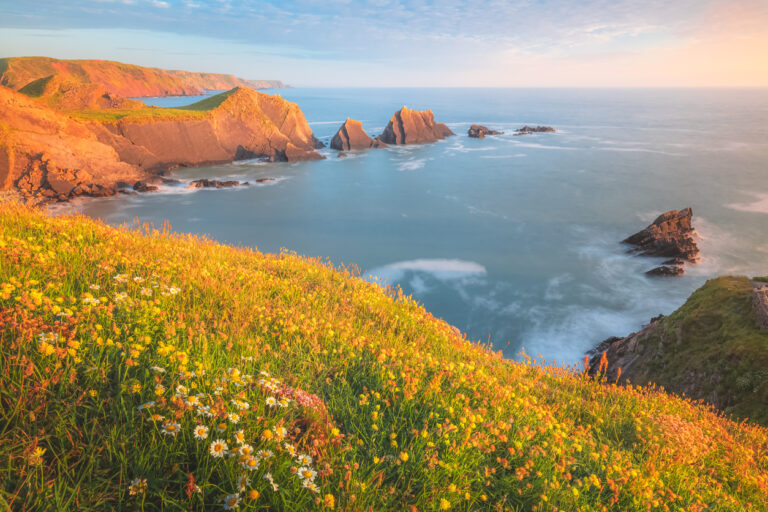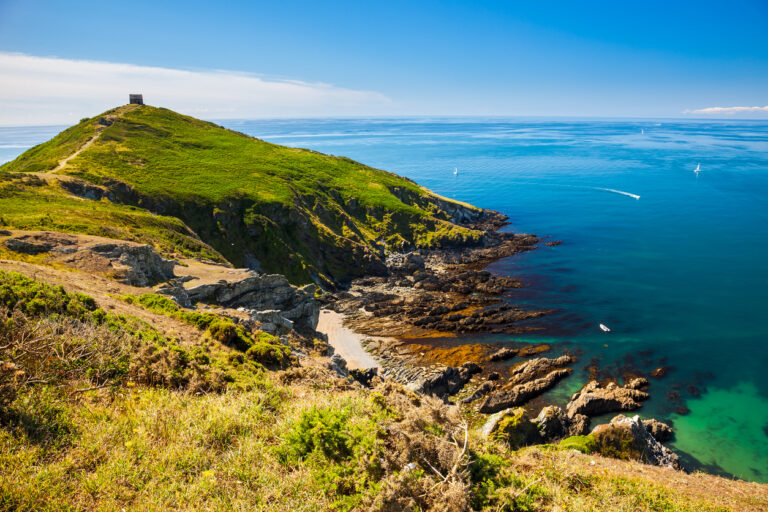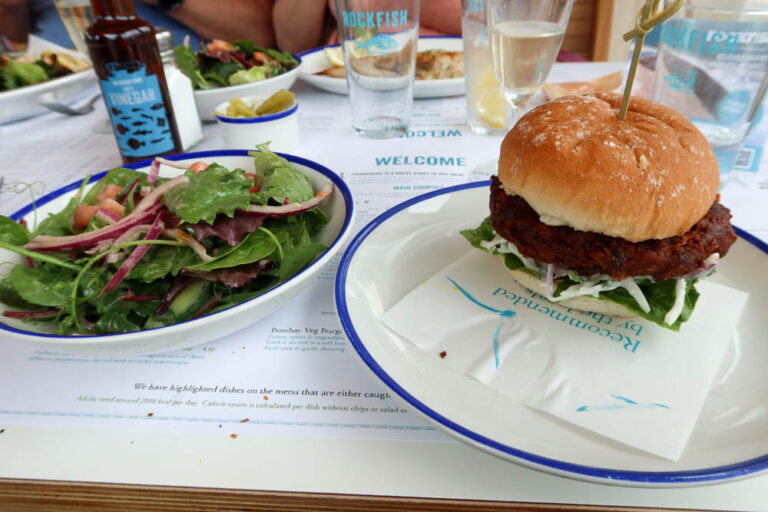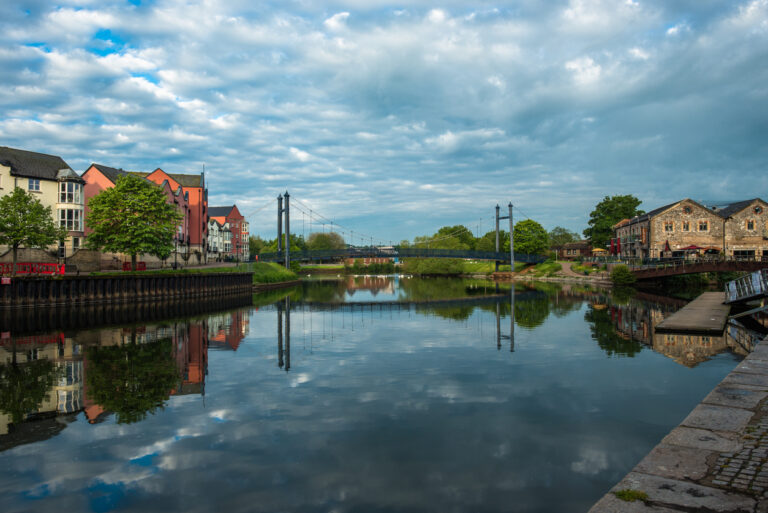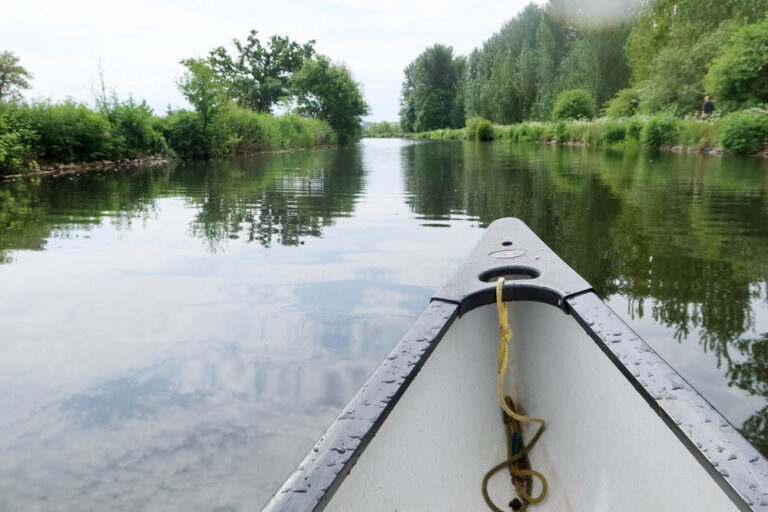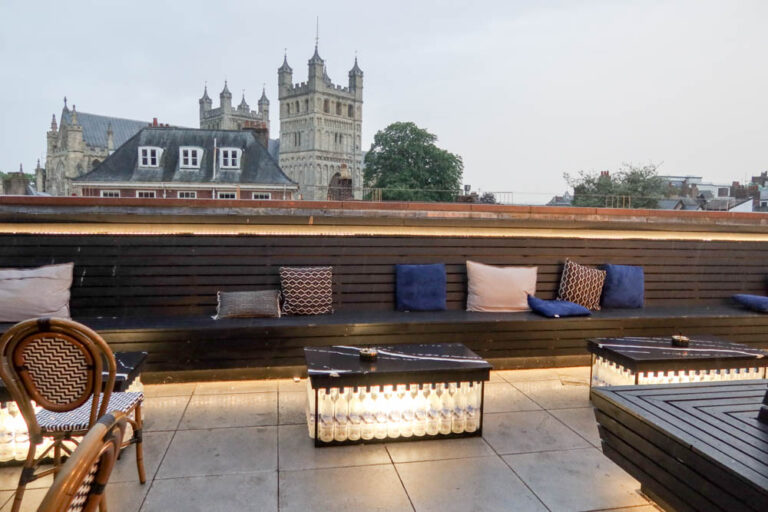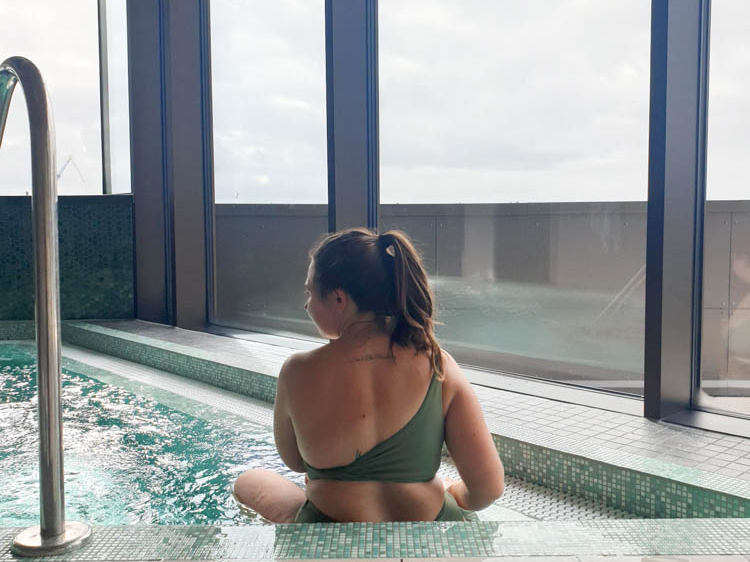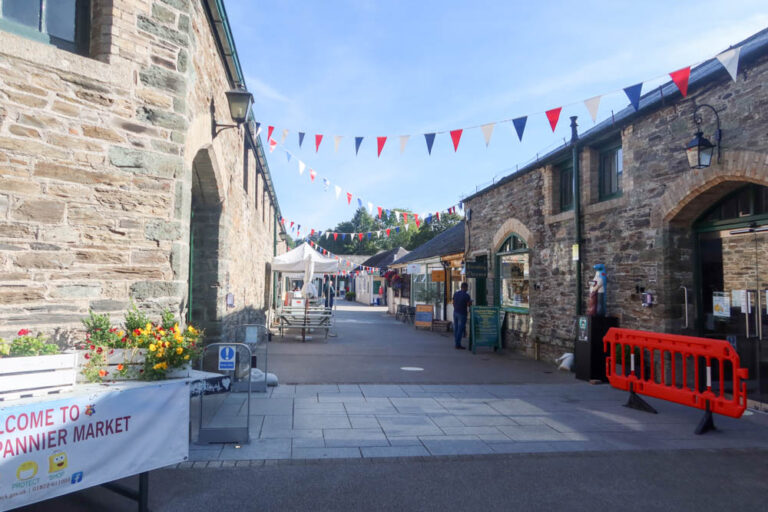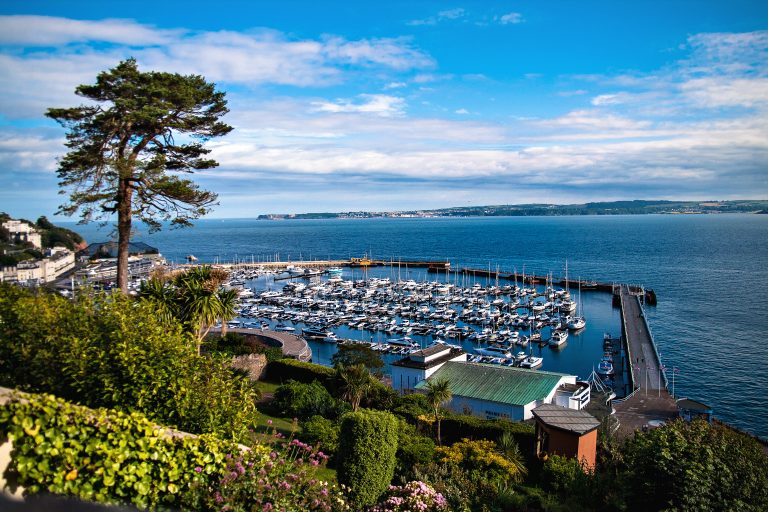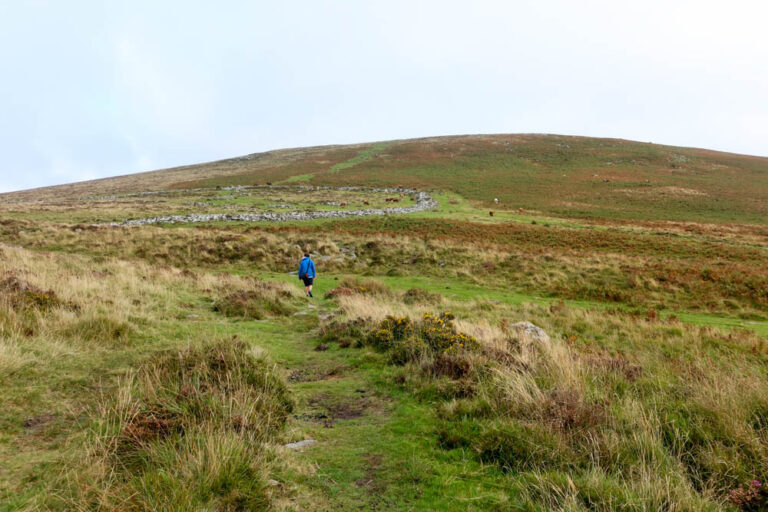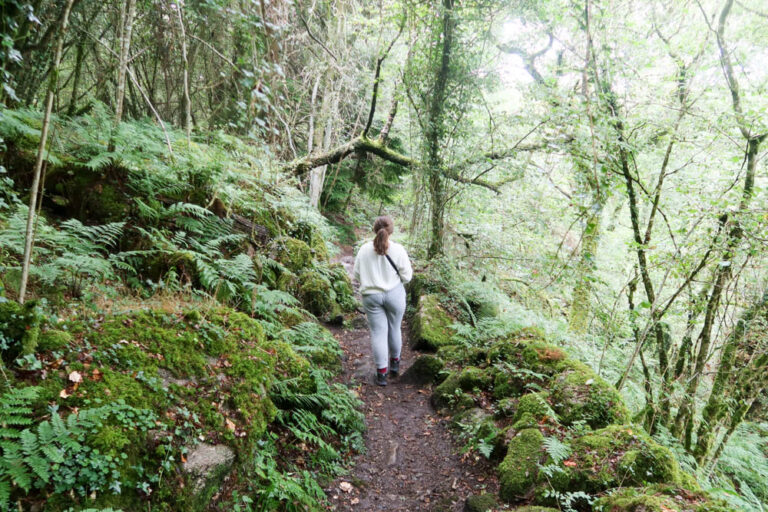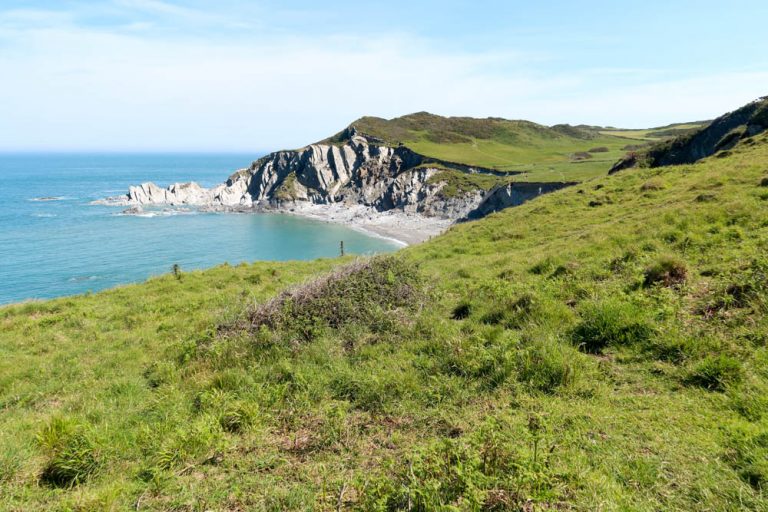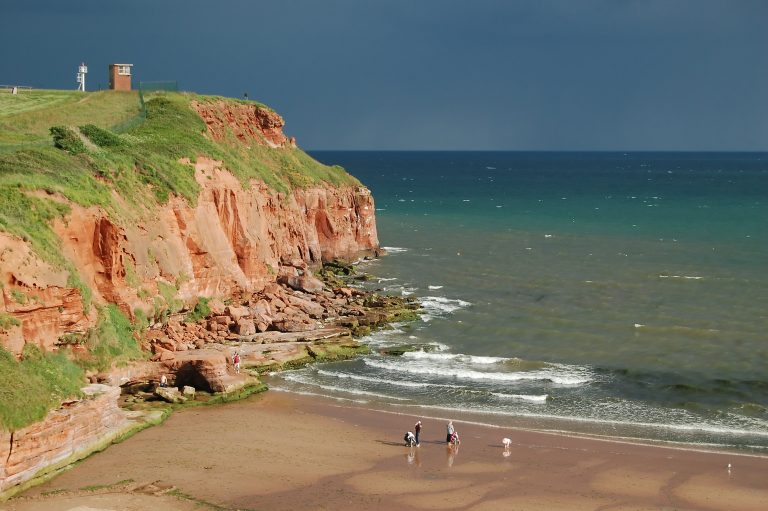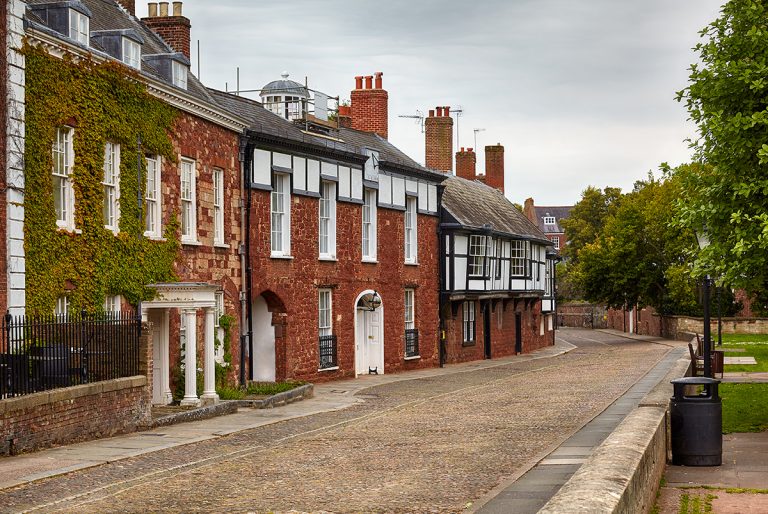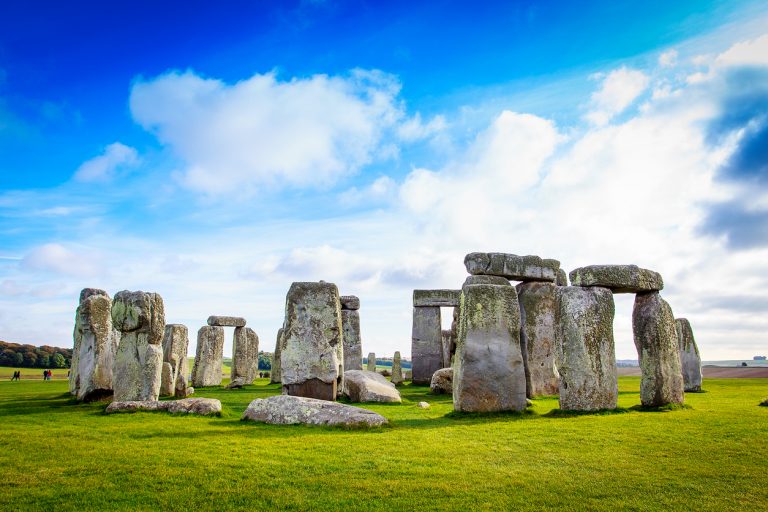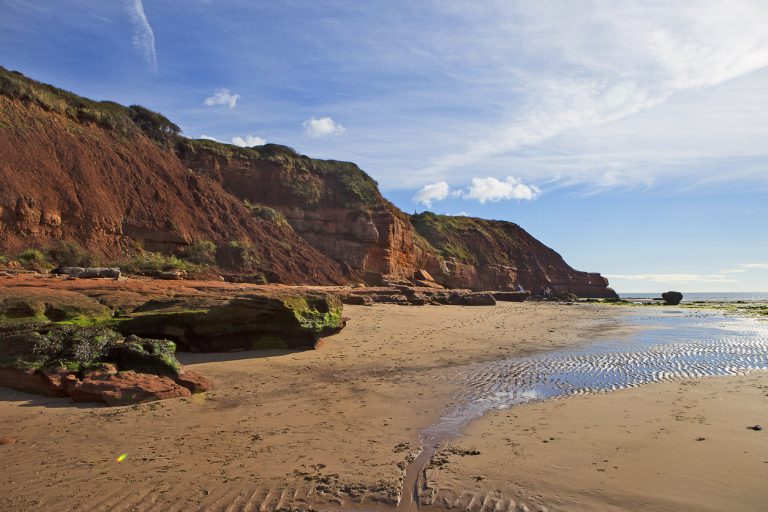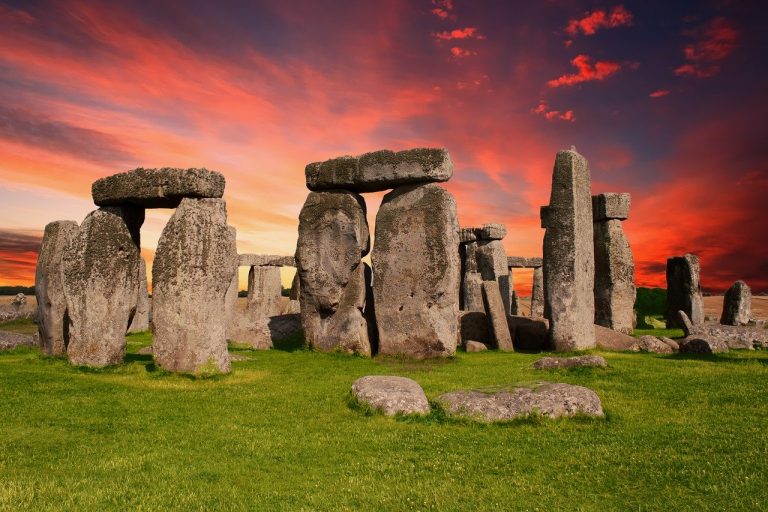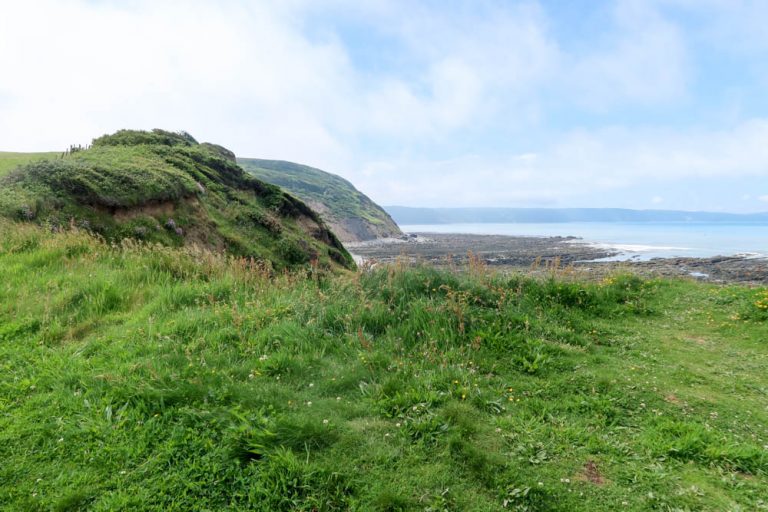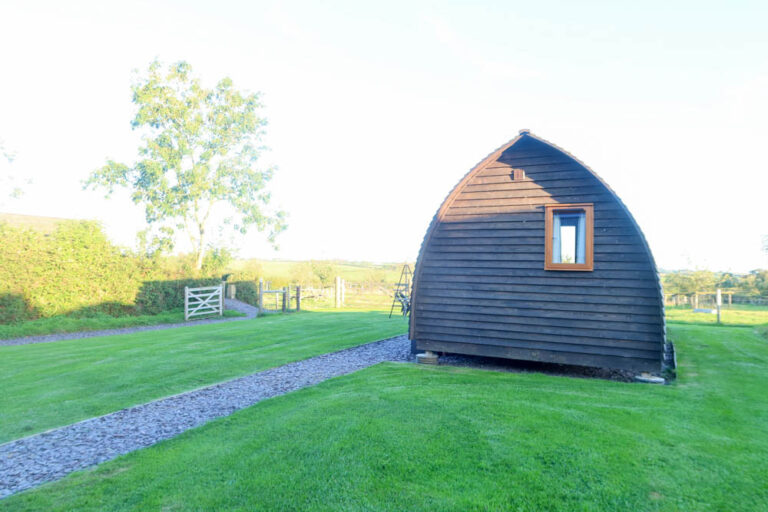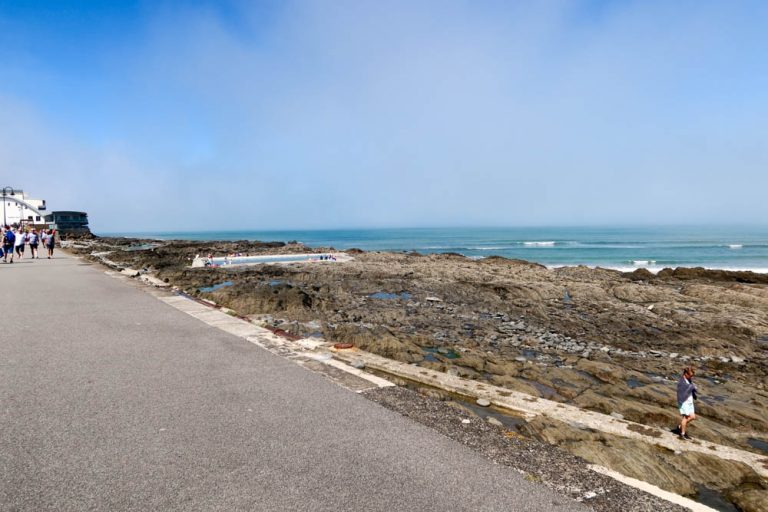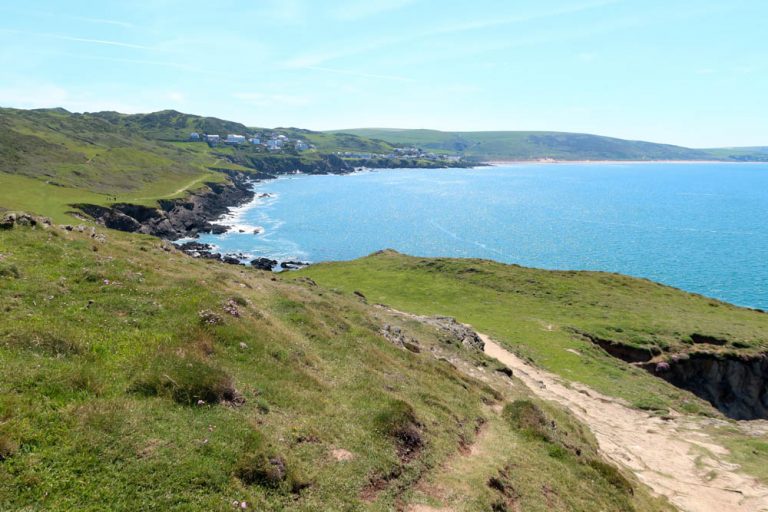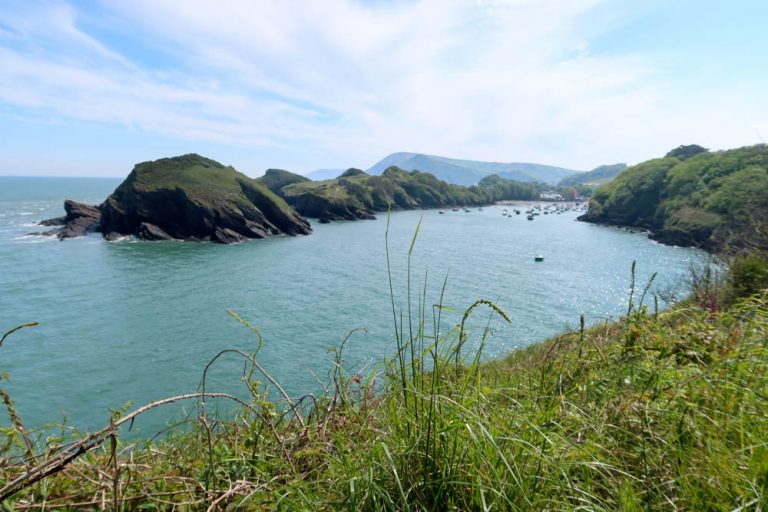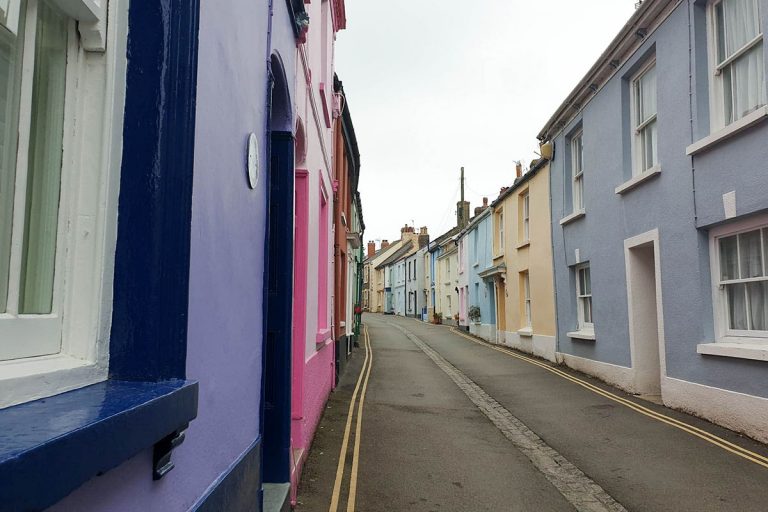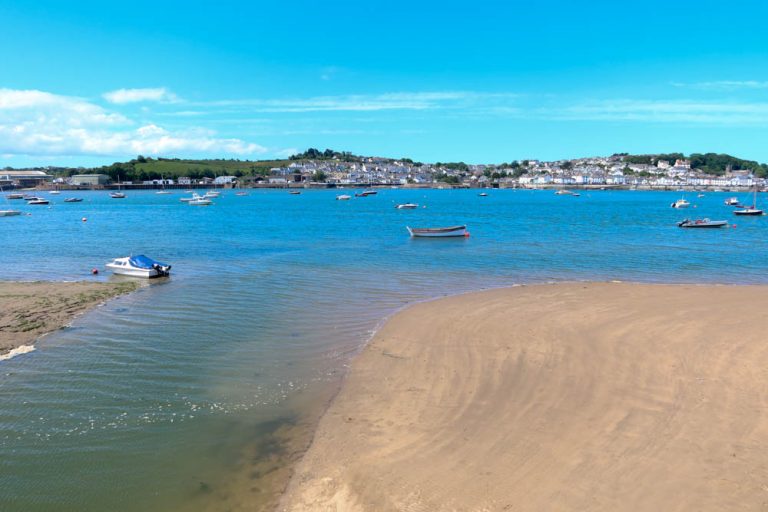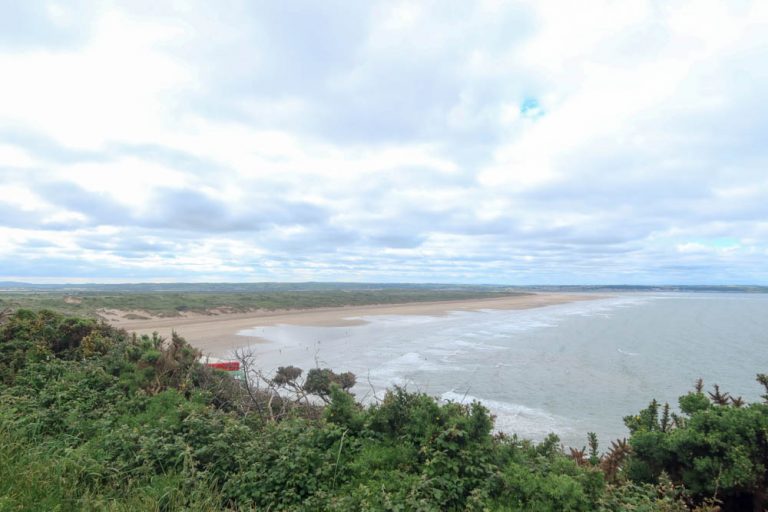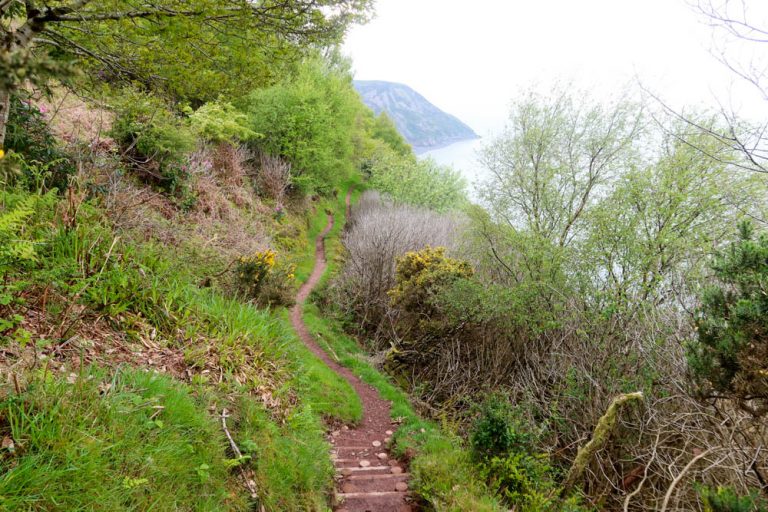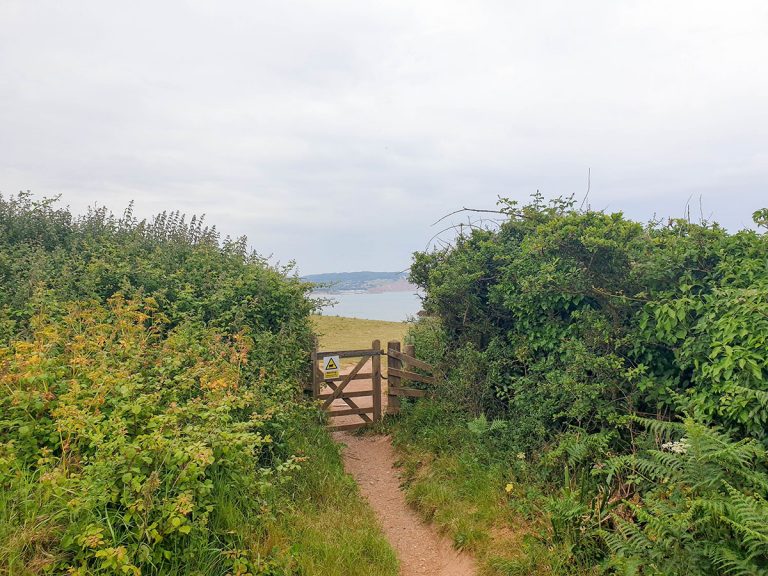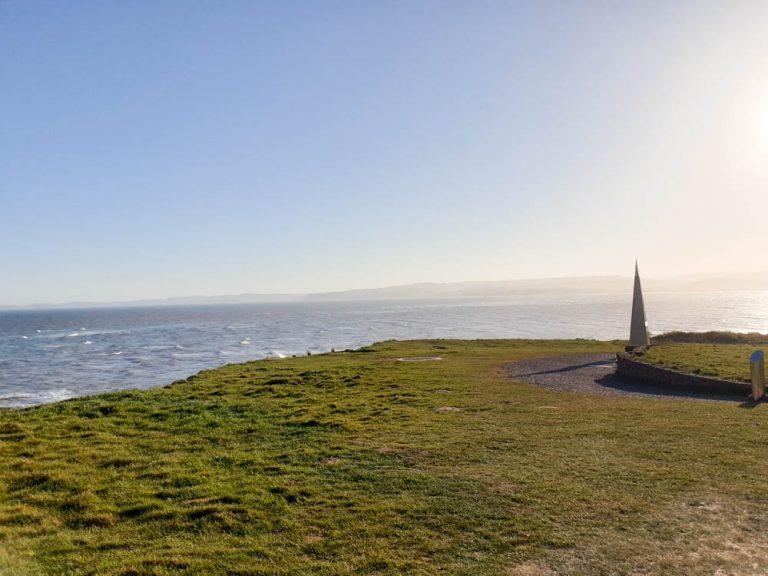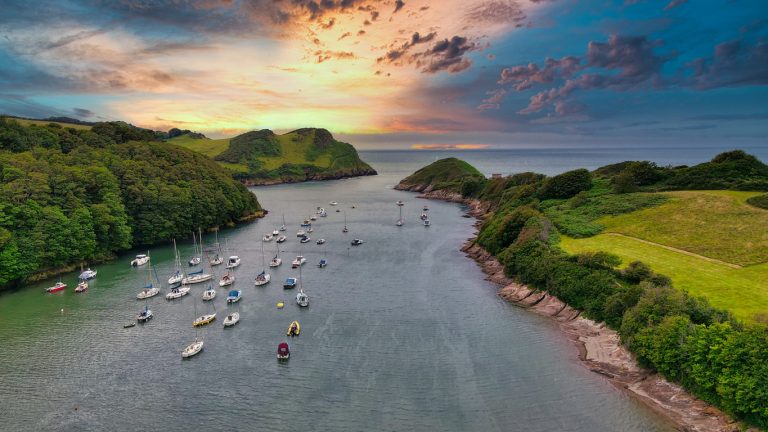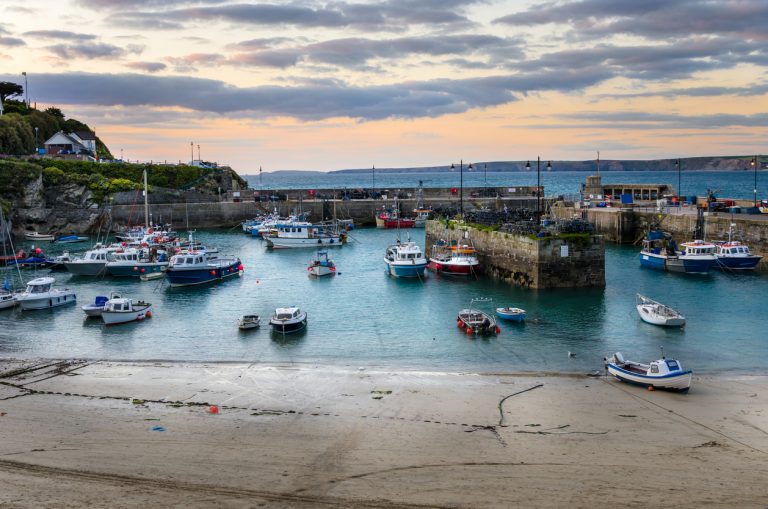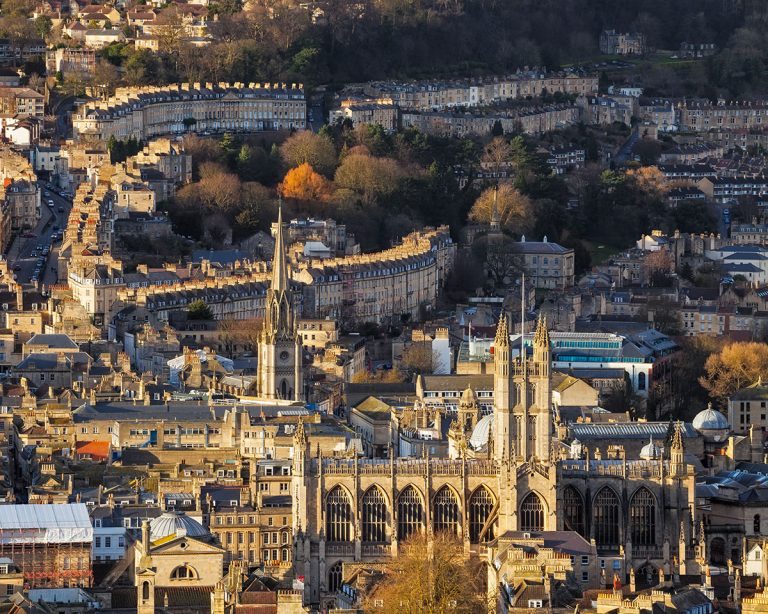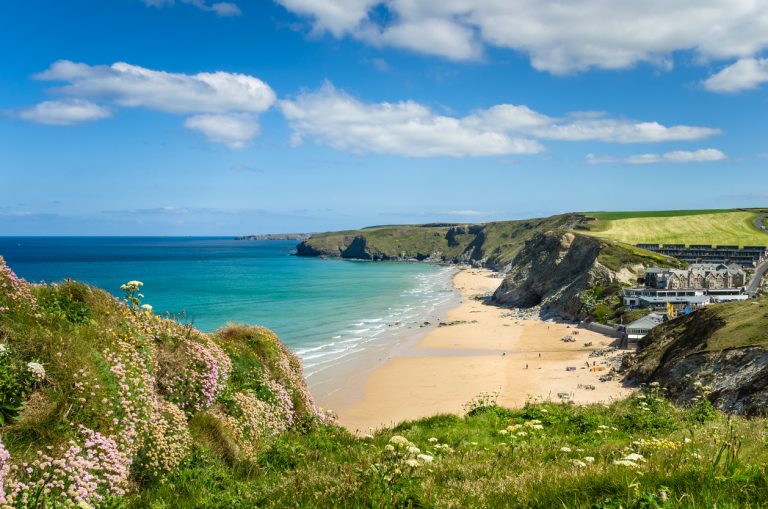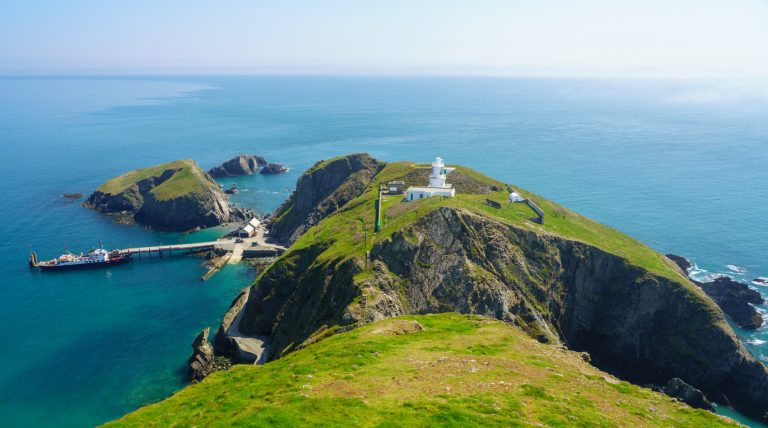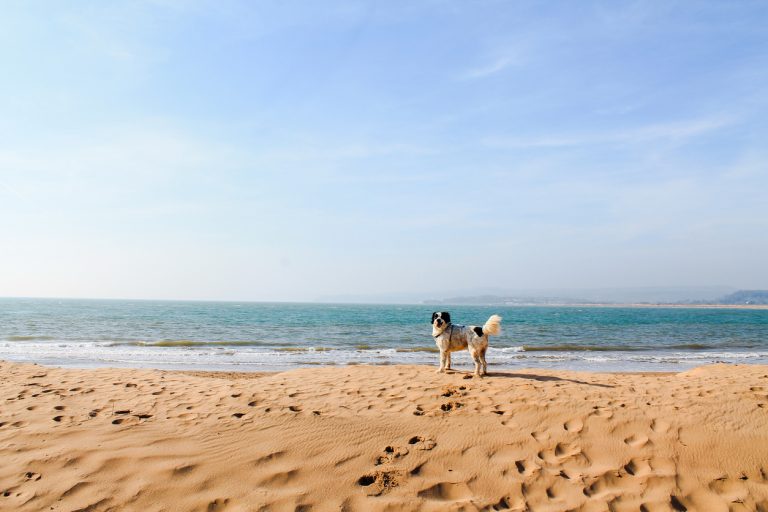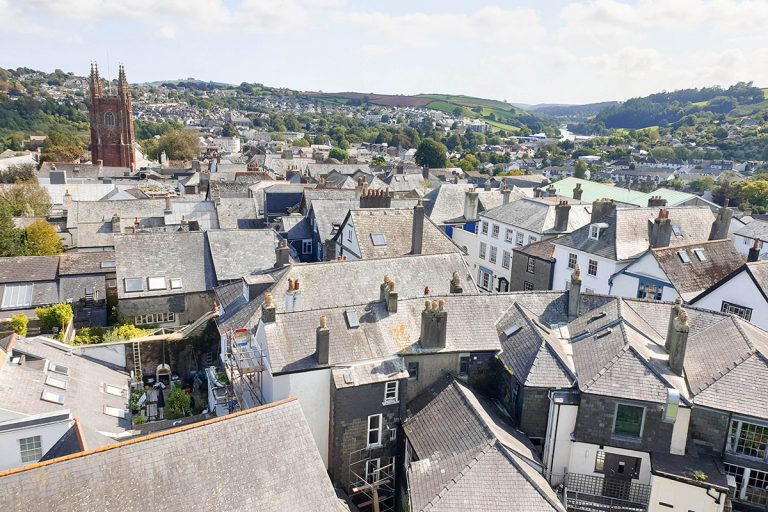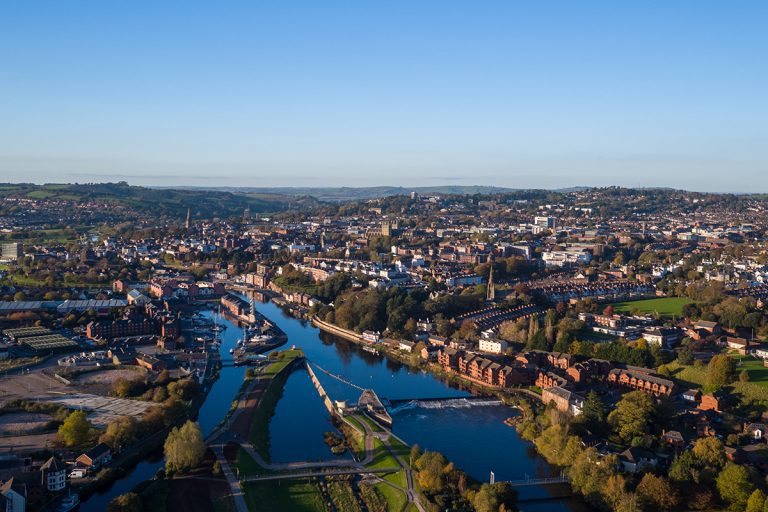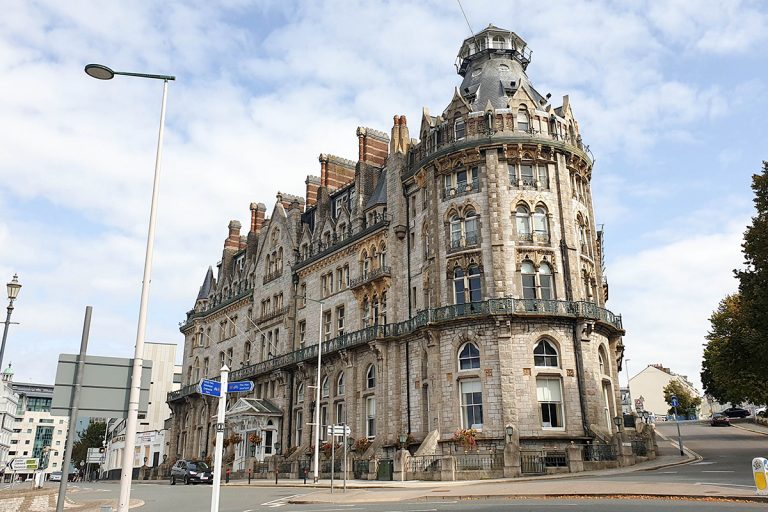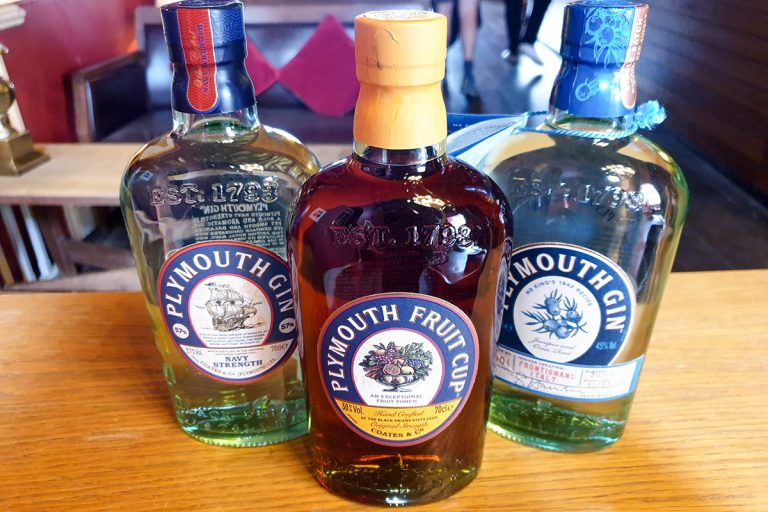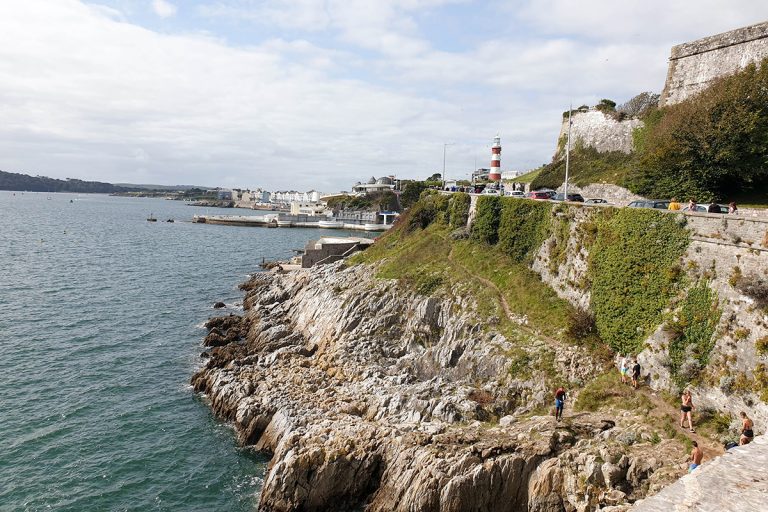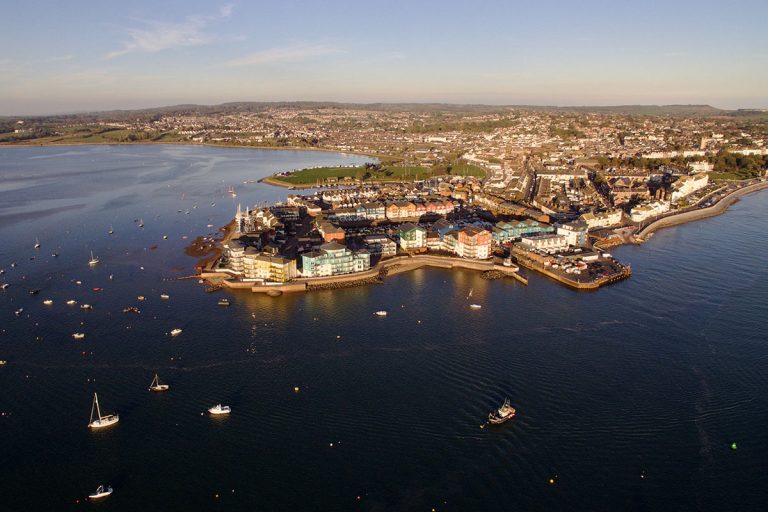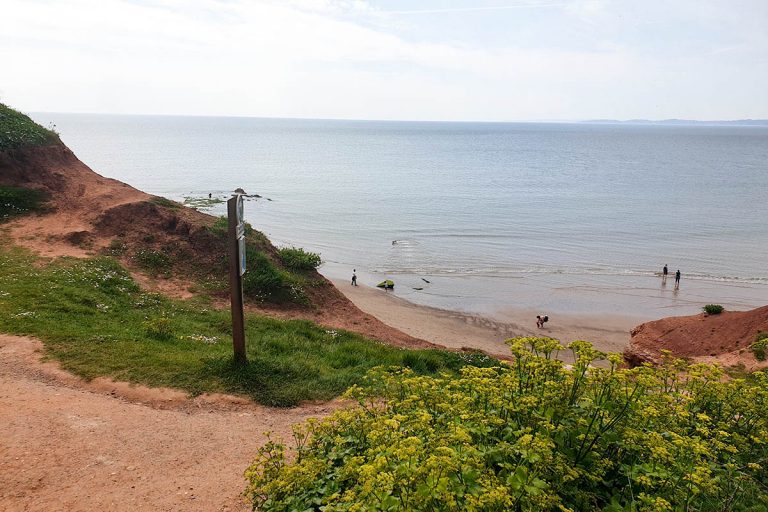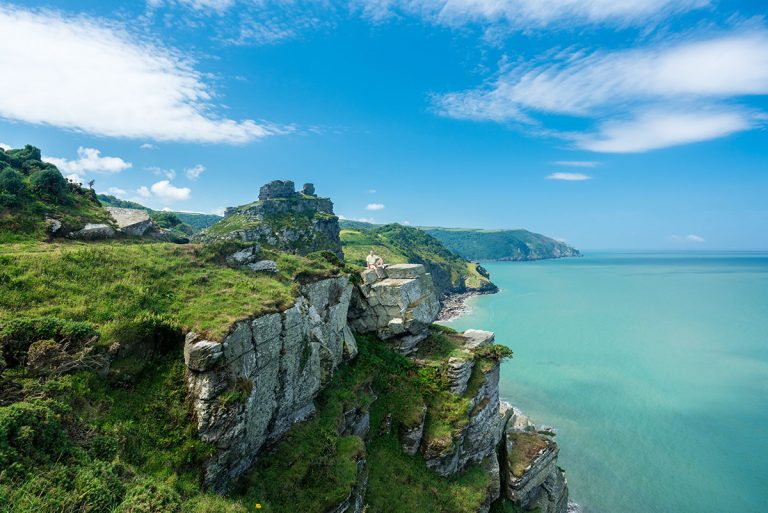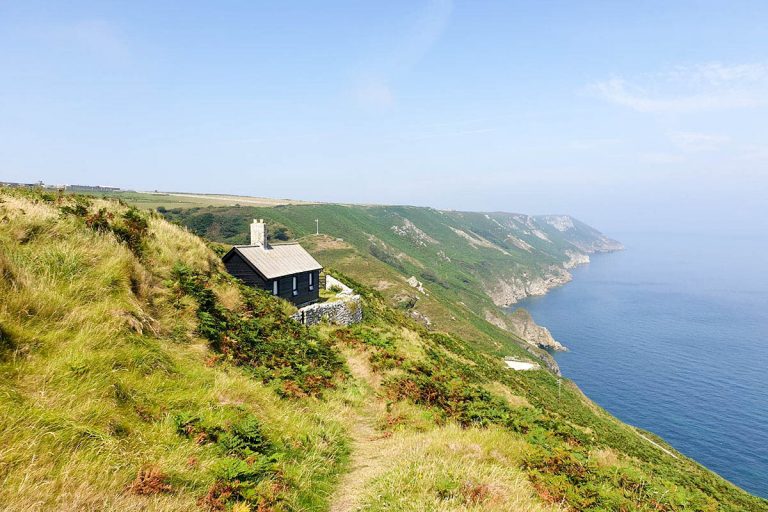DEVON TRAVEL GUIDE
Beautiful Devon is one of the most underrated areas of the UK – and somewhere I’m lucky to live!
Blessed with jaw-dropping beaches, Devon doesn’t just stop at the shoreline. The landscape shifts dramatically from the coast to the mystical moors and charming rural villages. Dartmoor and Exmoor, the two major moors in Devon, offer up their own rugged and untamed beauty – Dartmoor’s especially known for its iconic ponies. Head to Otteron, and you might even catch some beavers frolicking here!
Devon’s story is deeply tied to maritime culture.
From historic Plymouth, where the Mayflower set sail, to the bustling port city of Exeter, the sea has long played a role in shaping Devon’s identity.
In Exmouth, where I live, the seafront is a buzzing epicentre of activity. Boat trips, fishing excursions, and water sports are readily available throughout the summer months! But as a local (I also run a tour company in Exmouth), I can recommend some less-visited spots that offer breathtaking views without the crowds. Trust me; you won’t want to miss the sunset at the River Exe Cafe!
Devon has two cities: Plymouth and Exeter. While Plymouth is characterised by its naval past and present, Exeter boasts a stunning cathedral and Roman walls, along with a historic quayside.
In this Devon travel guide, my aim is to offer you the best of both worlds: the insights of a seasoned local and the excitement of a first-time visitor.
With my background in tour guiding and local knowledge of the region, I’ll point you towards unmissable experiences, from hidden coves to must-try eateries specializing in local produce.
Where is Devon?
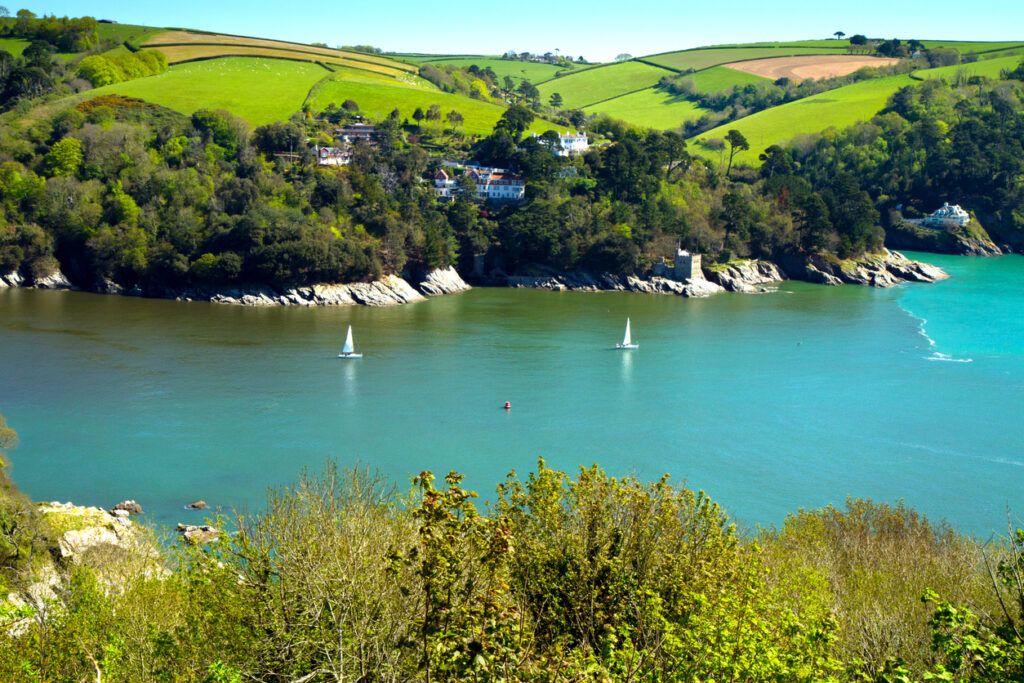
Devon’s in South West of England, bordered by Cornwall to the west, and Somerset and Dorset to the north and east.
It’s the only English county with two coastlines, and while it’s often used as a gateway to Cornwall, it’s definitely a destination worth visiting in its own right!
Wondering what part of Devon to visit? Here are my things-to-do guides for each region:
- Things to do in South Devon
- Things to do in North Devon
- Things to do in East Devon
- Things to do in Mid Devon
How to get to Devon
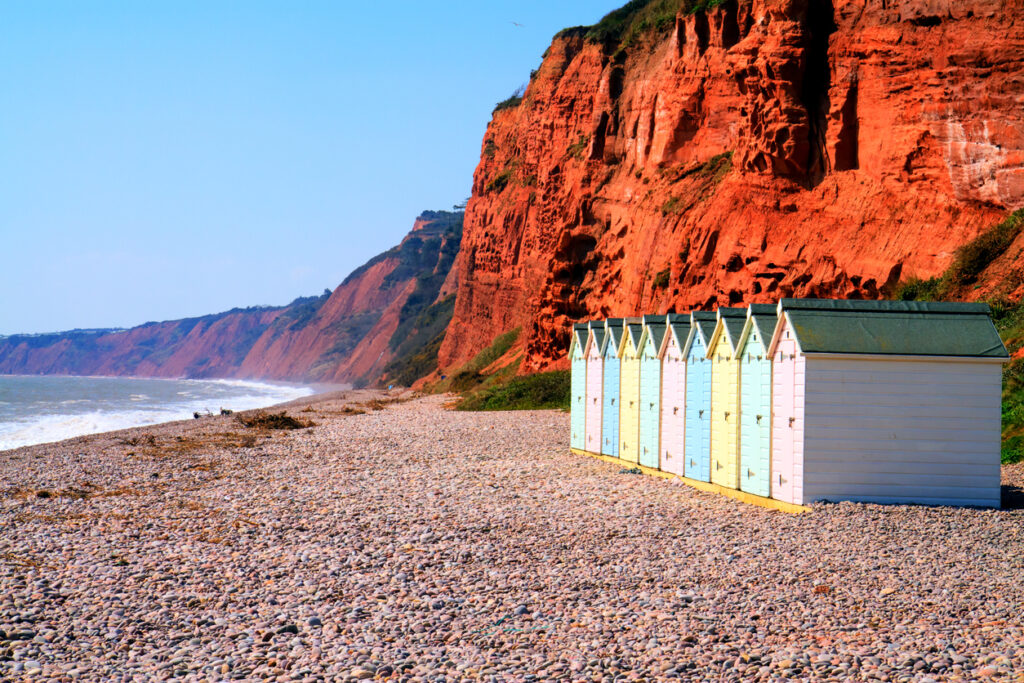
Getting to Devon is relatively straightforward, and with its location at the end of the M5, it’s more accessible than its western neighbour, Cornwall.
Depending on your point of origin, you have multiple options to consider for your journey.
Driving
For those planning to drive, the M5 motorway runs from Birmingham, through Bristol, to Exeter.
From there, depending on your destination within Devon, you’ll follow various A roads, like the A38 to Plymouth or the A361 to North Devon.
If you’re driving from London, the best way is usually to take the M3/ A303, which leads straight into Devon.
Train
Devon’s train connectivity is quite extensive, linking key towns like Exeter, Newton Abbot, Torquay, and Plymouth with larger cities like London, Bristol, and Birmingham.
The journey from London to Exeter can be as short as two hours.
To save on costs, book your tickets in advance and consider getting a railcard, which can pay for itself in just one trip!
Bus
National Express serves several Devon towns and offers connections to cities across the UK, including London, Bristol, and Birmingham. While not as comfortable as trains, buses are a budget-friendly alternative and usually take around four to five hours from London to Exeter.
Fly
If you’re coming from afar, Exeter International Airport offers flights to various UK cities and some European destinations.
Although flying is an option, considering the environmental impact, many opt for land-based travel methods.
I usually recommend experiencing the scenic routes by train or car instead.
Where to stay in Devon
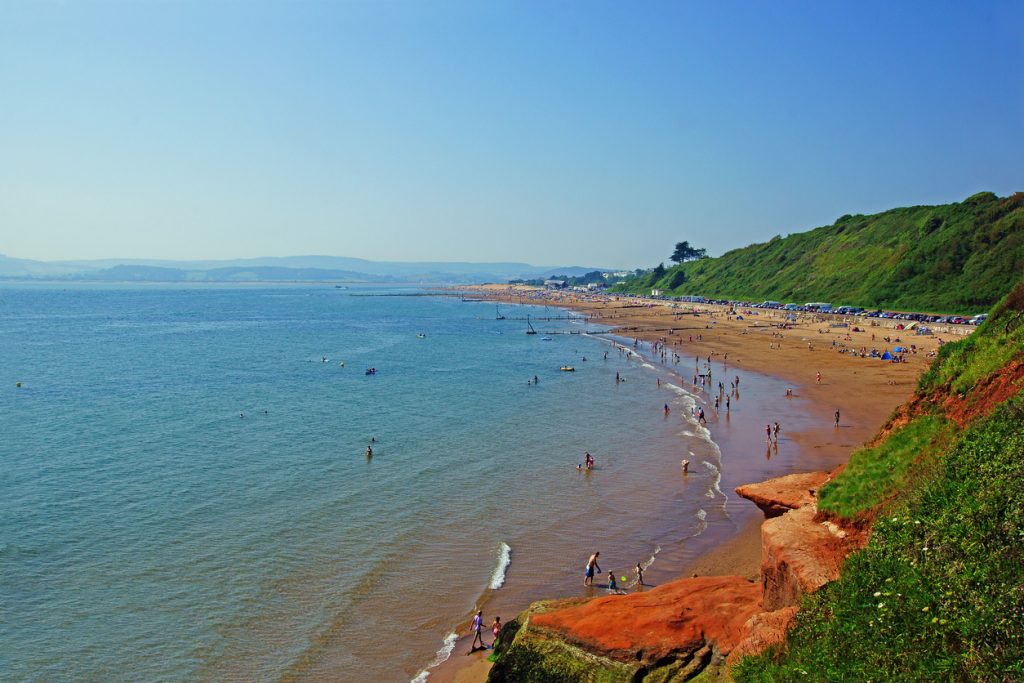
If Devon is uncharted territory for you, deciding where to stay can be a bit confusing!
Here’s a quick rundown of towns in Devon that cater to different interests and needs.
- Best for watersports – Exmouth
- Best for culture – Exeter
- Most picturesque harbour town – Dartmouth
- Most family-friendly – Torquay
- Best for hiking – Dartmoor
- Most romantic – Salcombe
- Best hidden gem – Totnes
- Best for nightlife – Plymouth
Best hotels in Devon
- Boringdon Hall Hotel and Spa
- Saunton Sands Hotel Source Spa and Wellness
- The Imperial Torquay
- The Avoncourt Lodge
- The Devoncourt Resort
- Burton Farmhouse B&B
Things to do in Devon
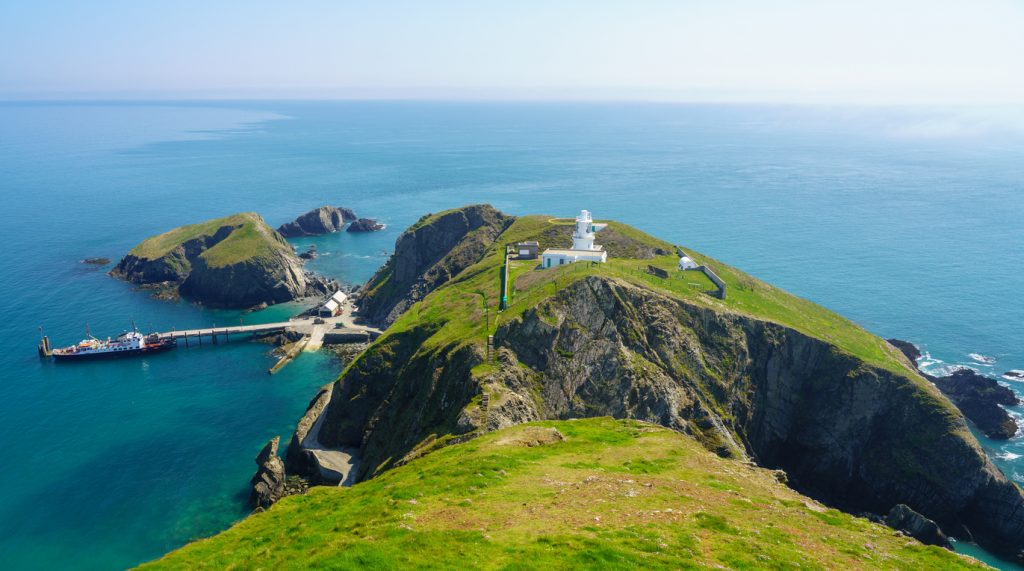
Whatever your age or interests, you’ll find tonnes on offer in Devon!
Here’s my full list of Devon’s top attractions, or check out some highlights below.
- Day trip to Lundy Island
- Walk the western part of the Jurassic Coast
- Explore two very different, but equally interesting cities – Exeter and Plymouth
- Hike on Exmoor or Dartmoor
- Laze on the beaches of the English Riviera
- Watersports in Exmouth
- Cycling the Tarka Trail
- Exeter Cathedral
- Hiking the South West Coast Path
- Taking a Steam Train Ride in Paignton
- Visiting Totnes Castle
- Surfing in Woolacombe
- Buckfast Abbey
- Beer Quarry Caves
- Seaton Tramway
Best cities, towns and villages in Devon
One of the joys of touring Devon is the sheer amount of charismatic villages, towns and cities.
I’ve spent my life visiting Devon’s highlights, and I’ve penned detailed guides for most of them.
Here are my favourites – you can click through on each to see my guide.
| Lynmouth/ Lynton | Ilfracombe | Woolacombe |
| Barnstaple | Clovelly | Tavistock |
| Plymouth | Salcombe | Dartmouth |
| Kingswear | Totnes | Paignton |
| Torquay | Teignmouth | Dawlish |
| Exmouth | Budleigh Salterton | Sidmouth |
| Seaton | Okehampton | Beer |
Best beaches in Devon
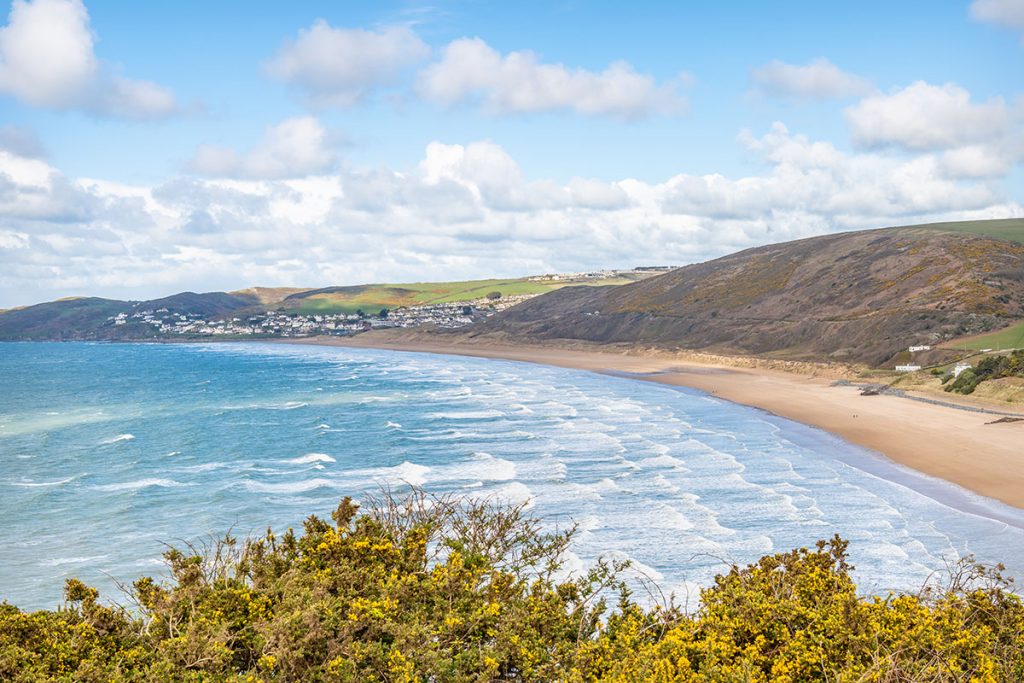
Naturally, Devon’s beaches are a significant draw for visitors.
I have a comprehensive list of beaches in Devon, but once you’ve decided on your Devon getaway location, you might find it useful to check out my specialized posts on beaches surrounding specific towns and villages.
| Beaches in Lynmouth/ Lynton | Beaches in Ilfracombe | Beaches in Woolacombe |
| Beaches in Plymouth | Beaches in Salcombe | Beaches in Dartmouth |
| Beaches in Brixham | Beaches in Torbay | Beaches in Teignmouth |
| Beaches in Dawlish | Beaches in Exmouth | Beaches in Sidmouth |
| Beaches in Seaton | Beaches near Exeter |
When to Visit Devon
Devon’s weather is warmest in the summer, but navigating the country’s winding country roads is a whole lot less tranquil in July and August!
These summer months draw crowds, leading to a spike in prices and fully booked accommodations and restaurants.
If you’re keen on avoiding the hustle, consider a trip in May, June, or September. These months offer milder weather without the throngs of tourists.
Devon is inviting year-round.
Cooler months bring their own charm, with fewer crowds making attractions more accessible.
Check out my post on Devon when it’s raining!

